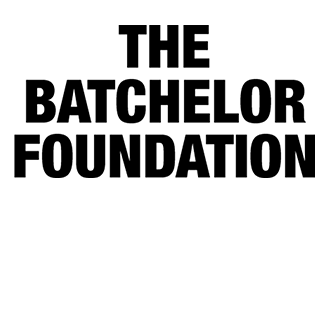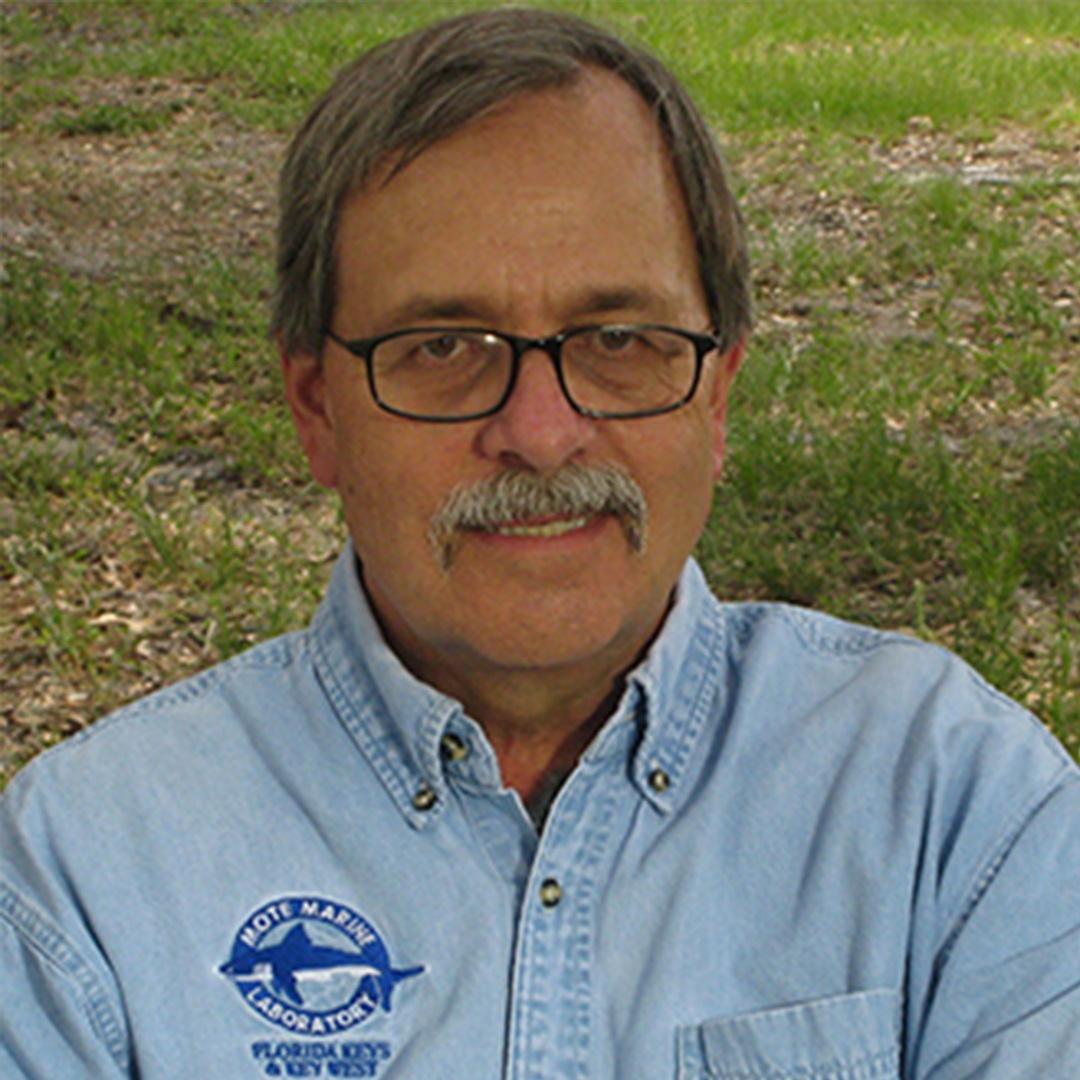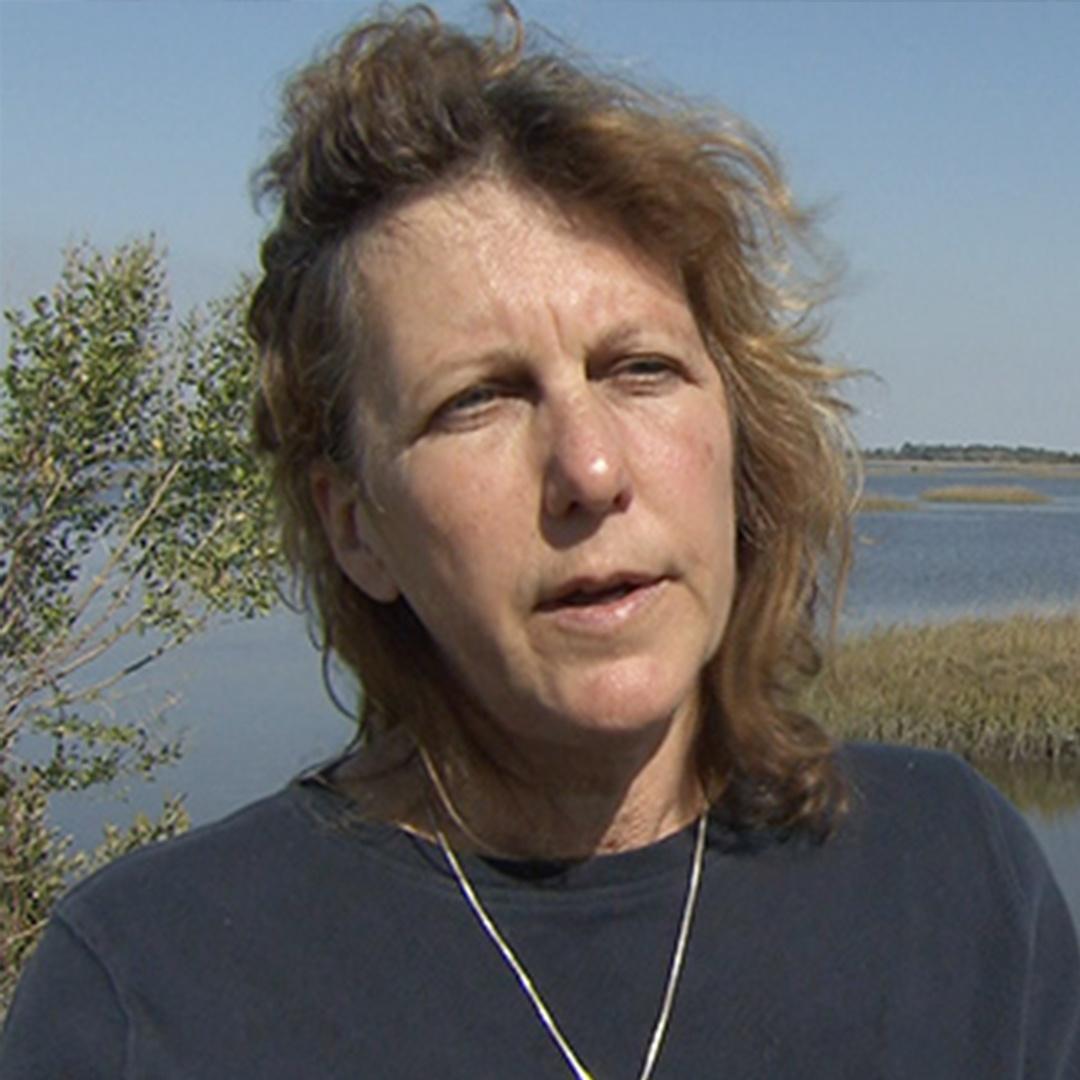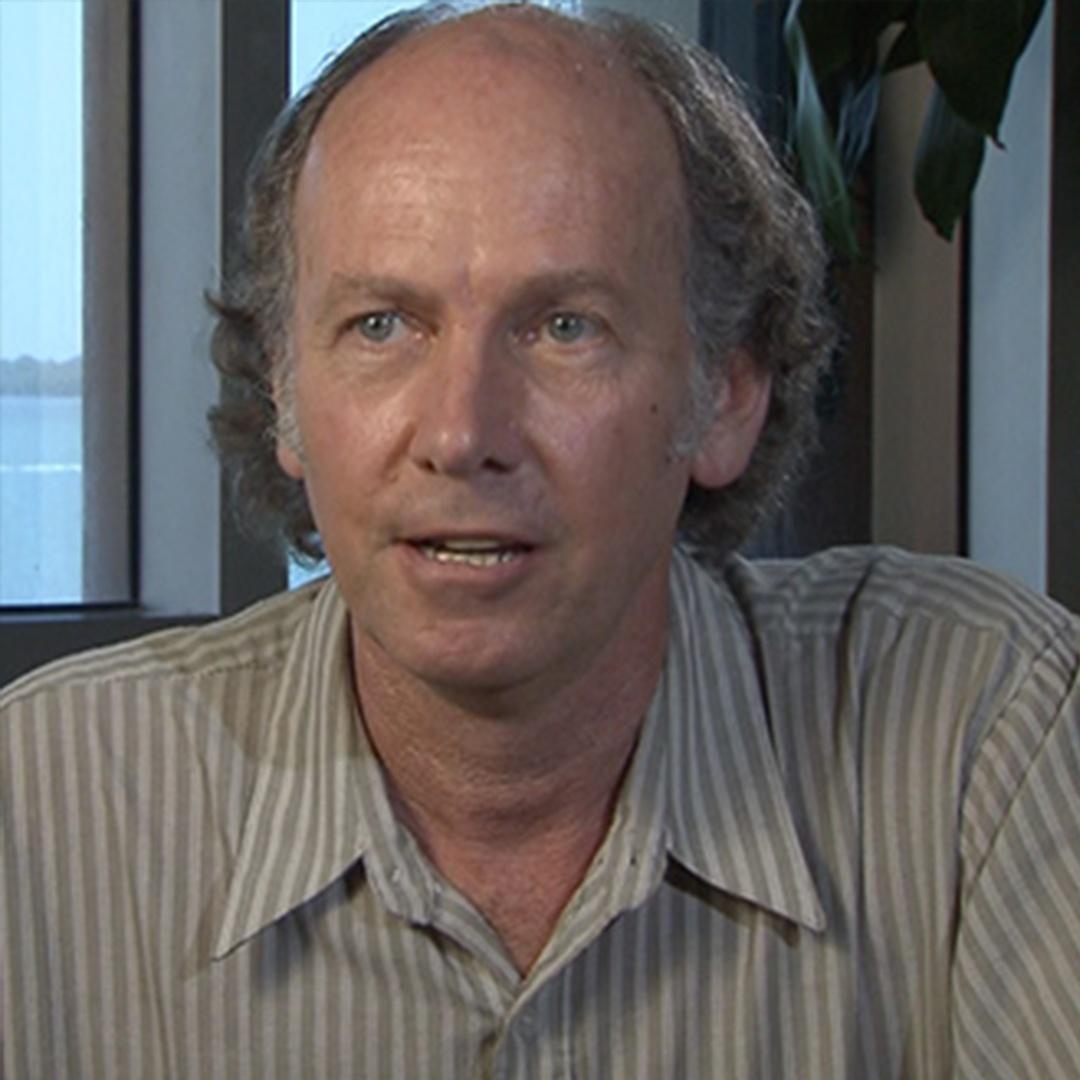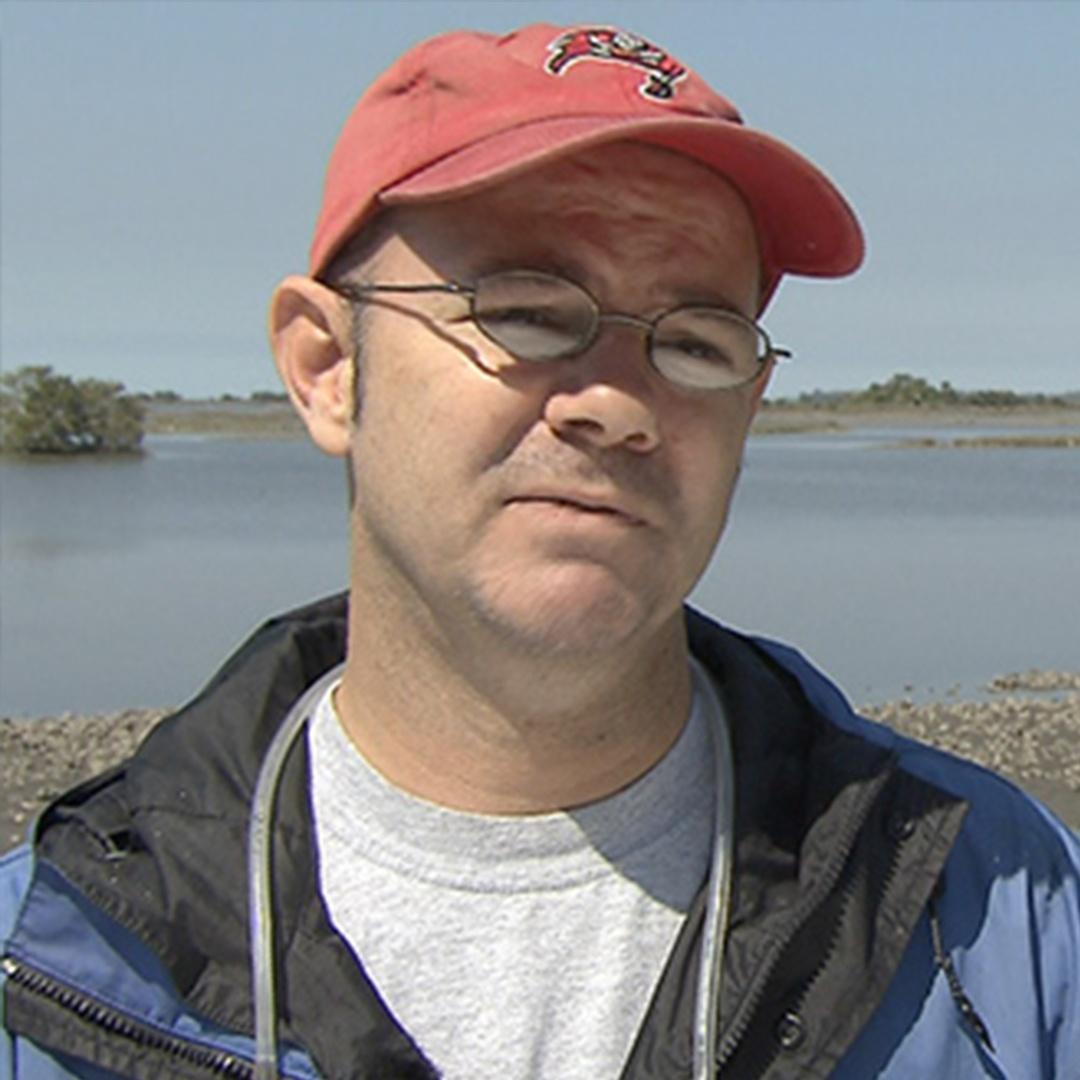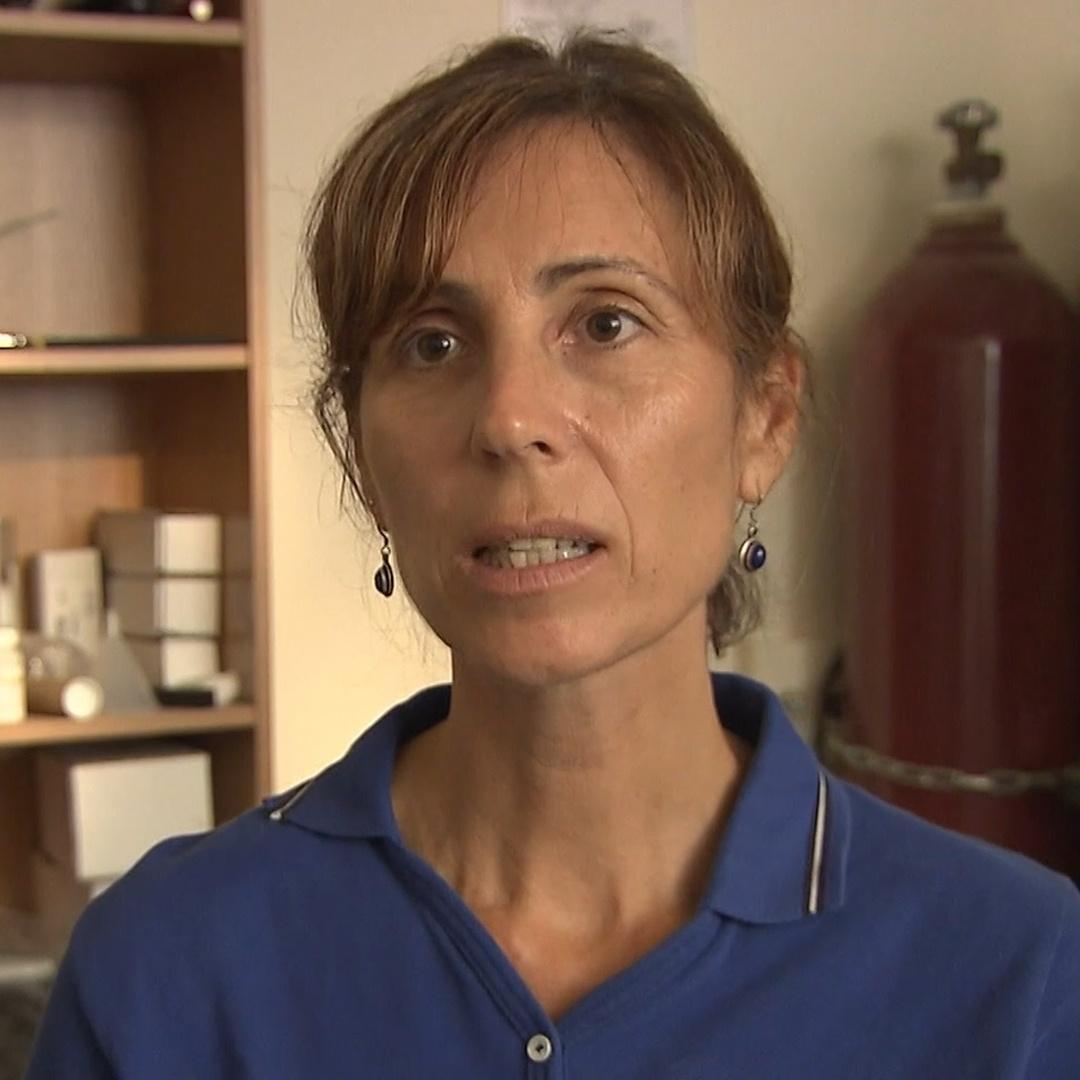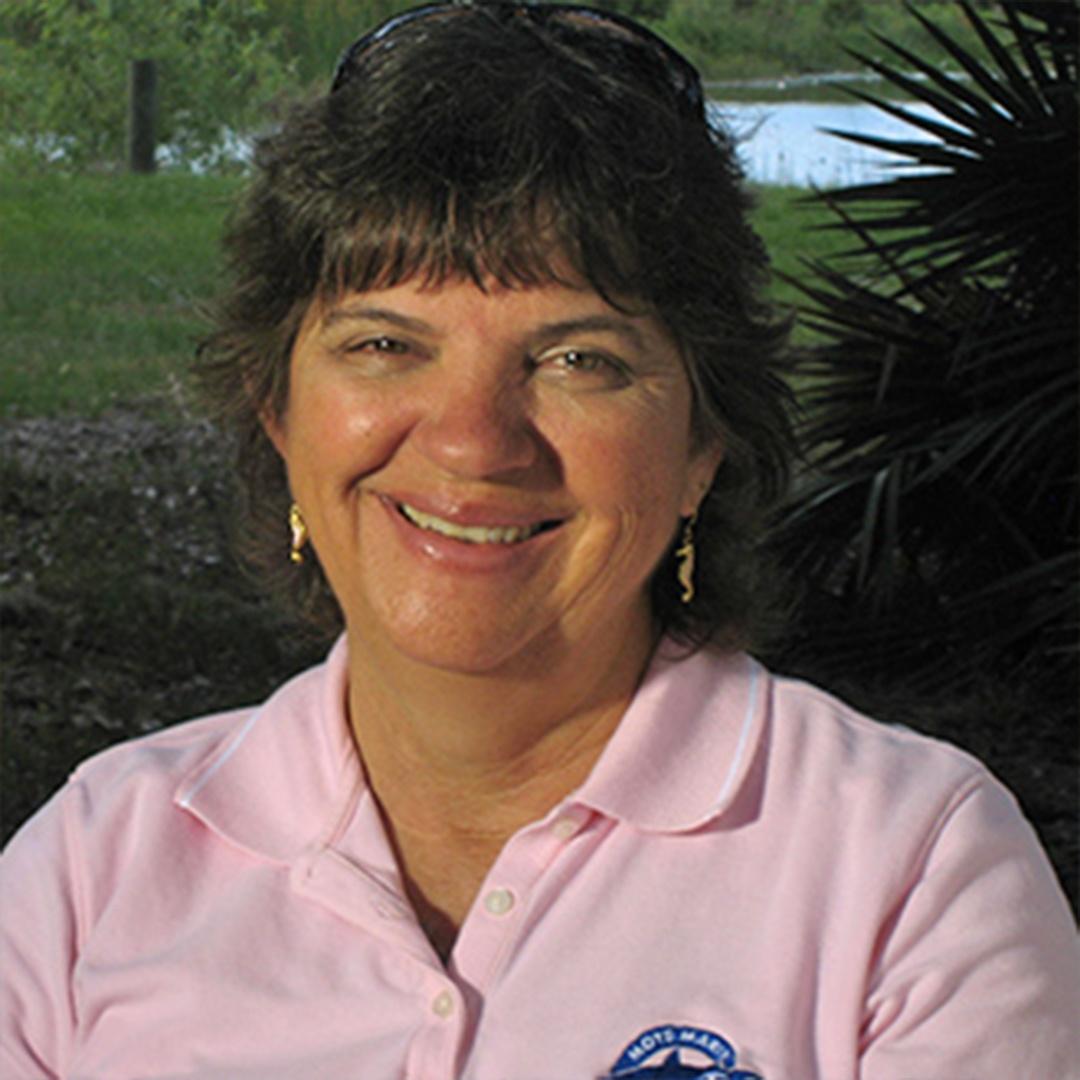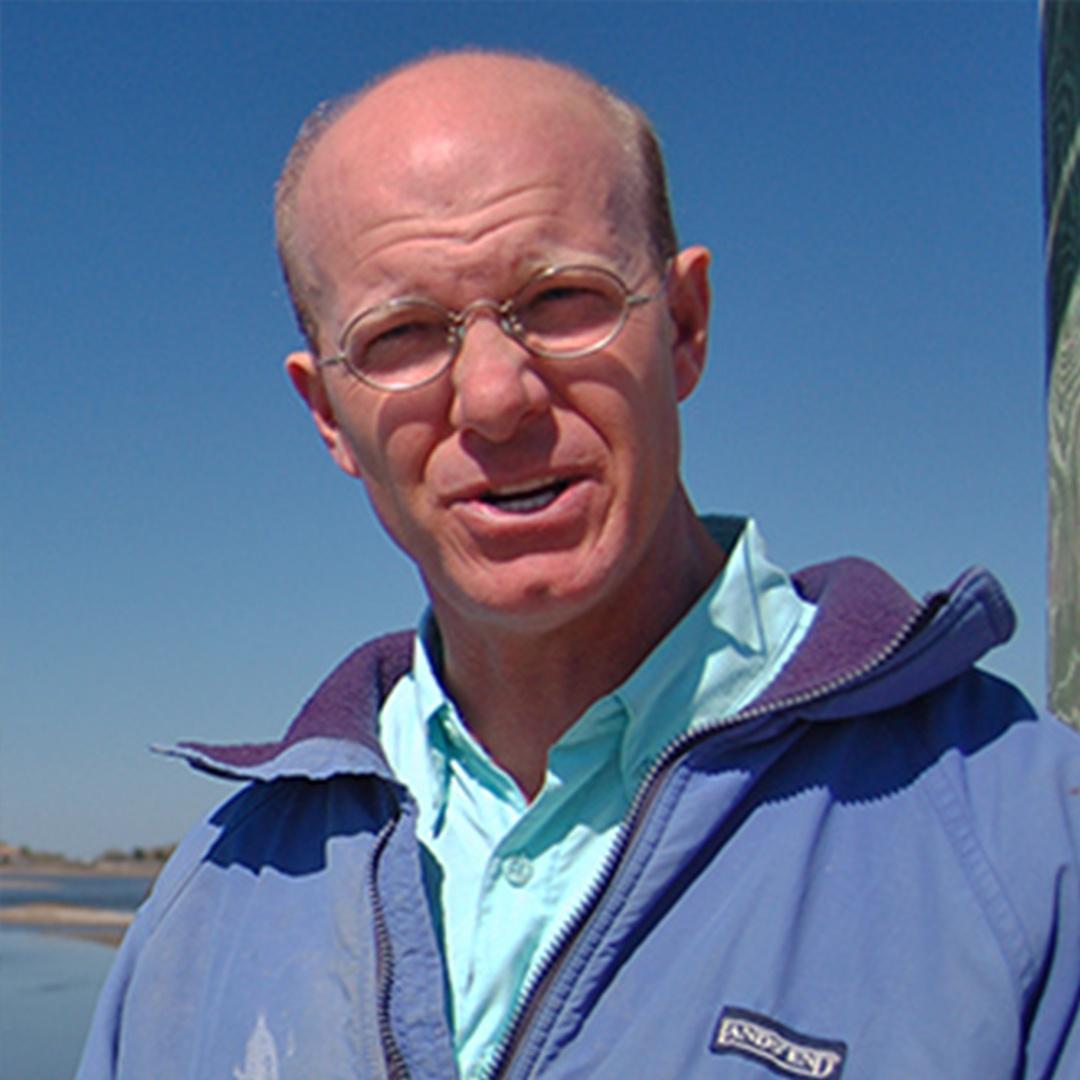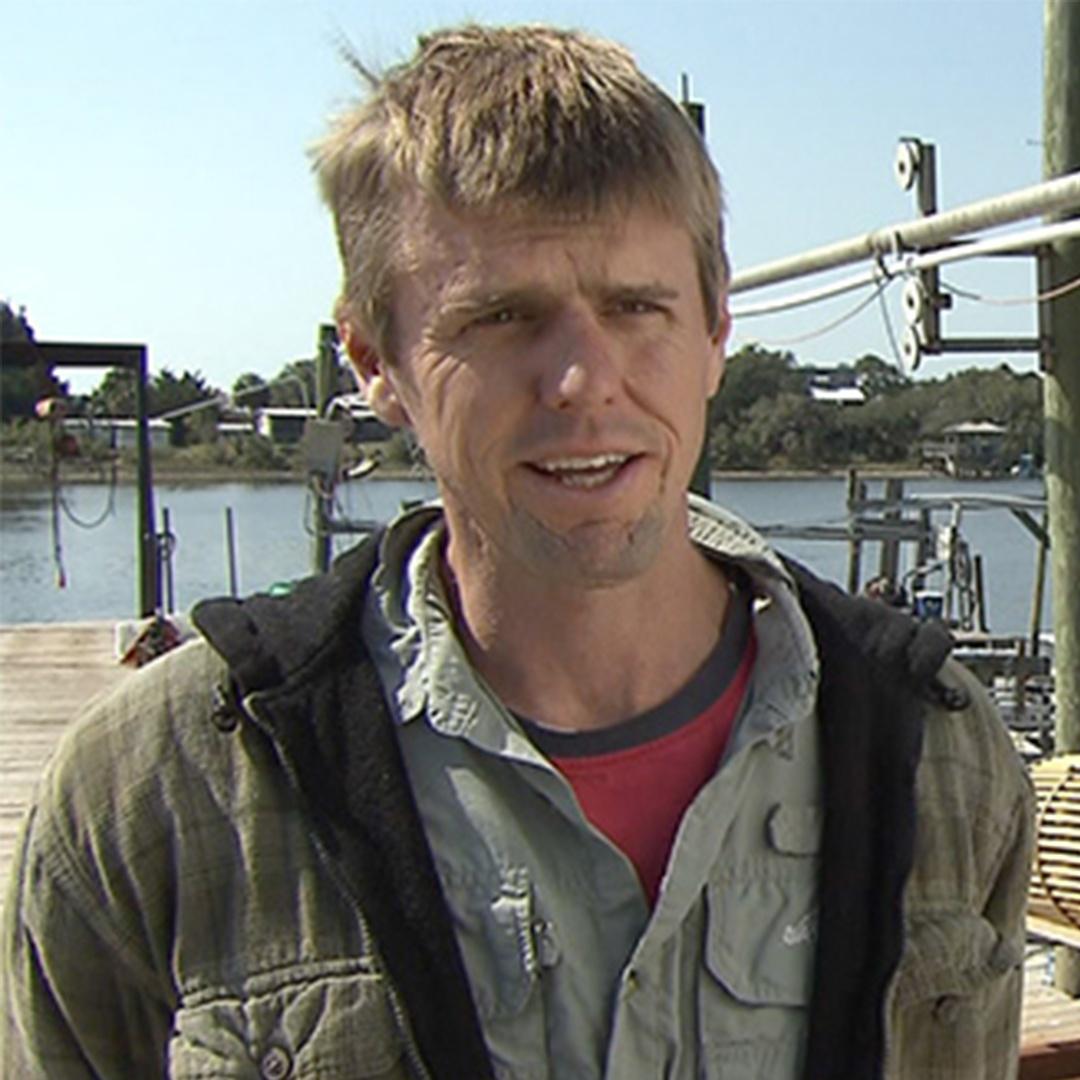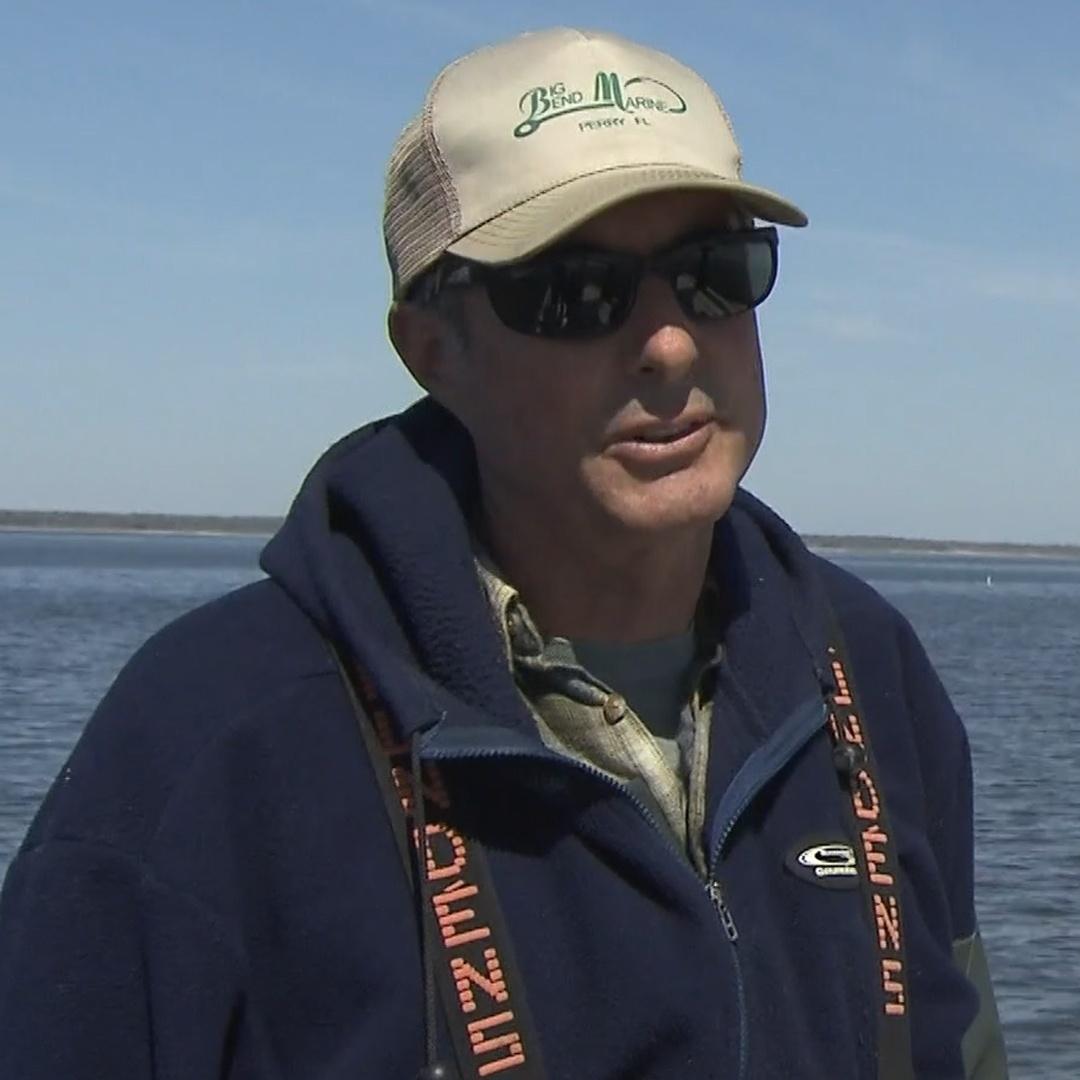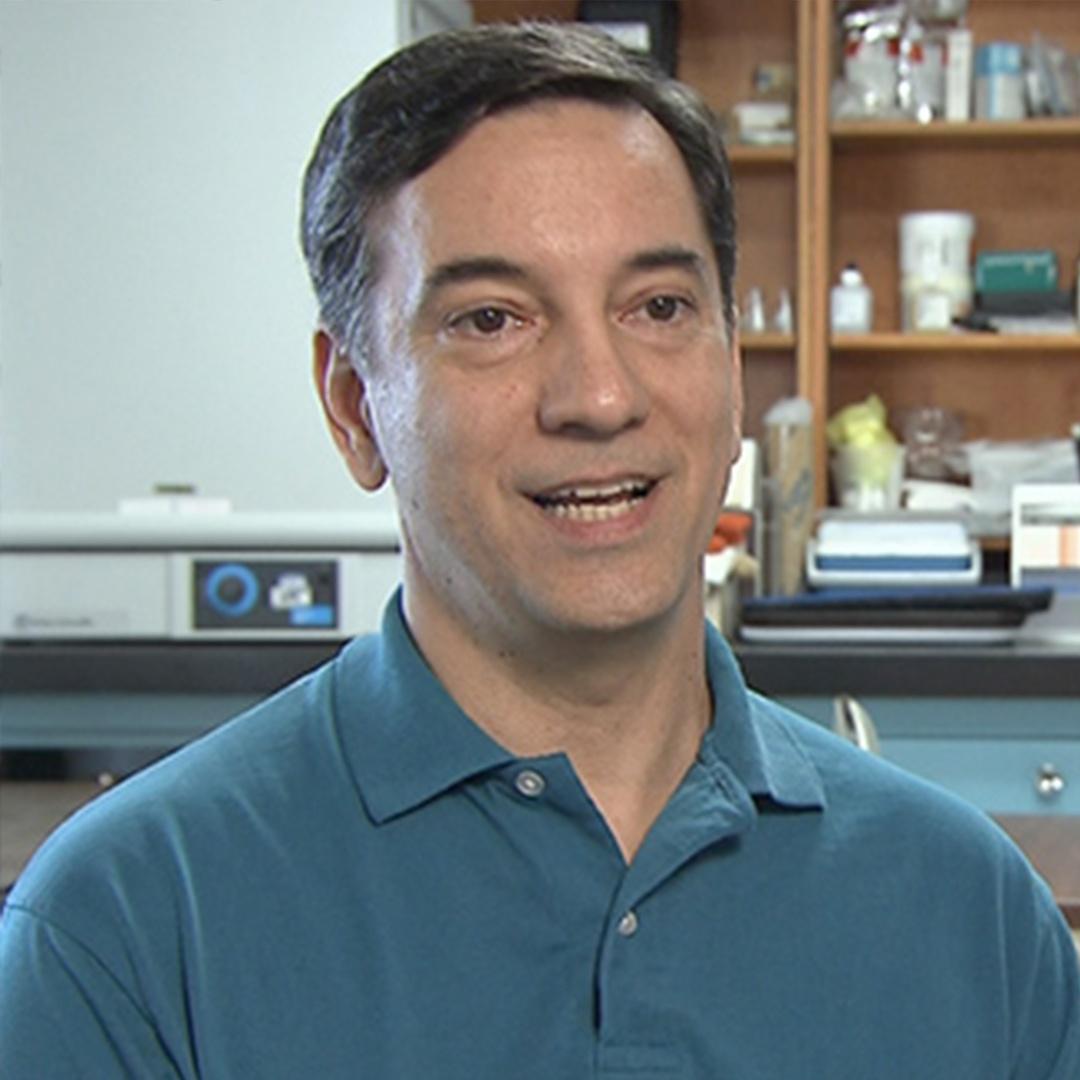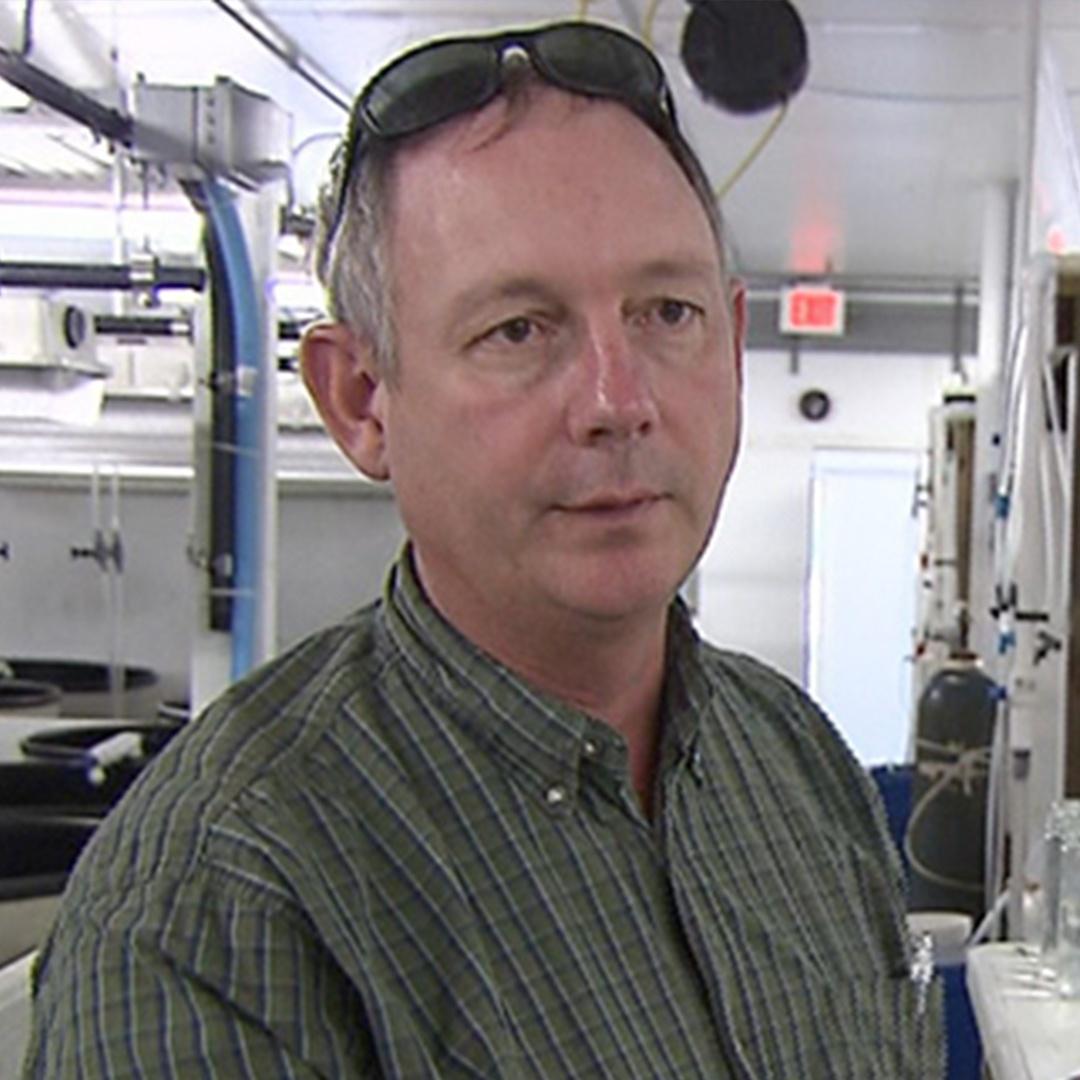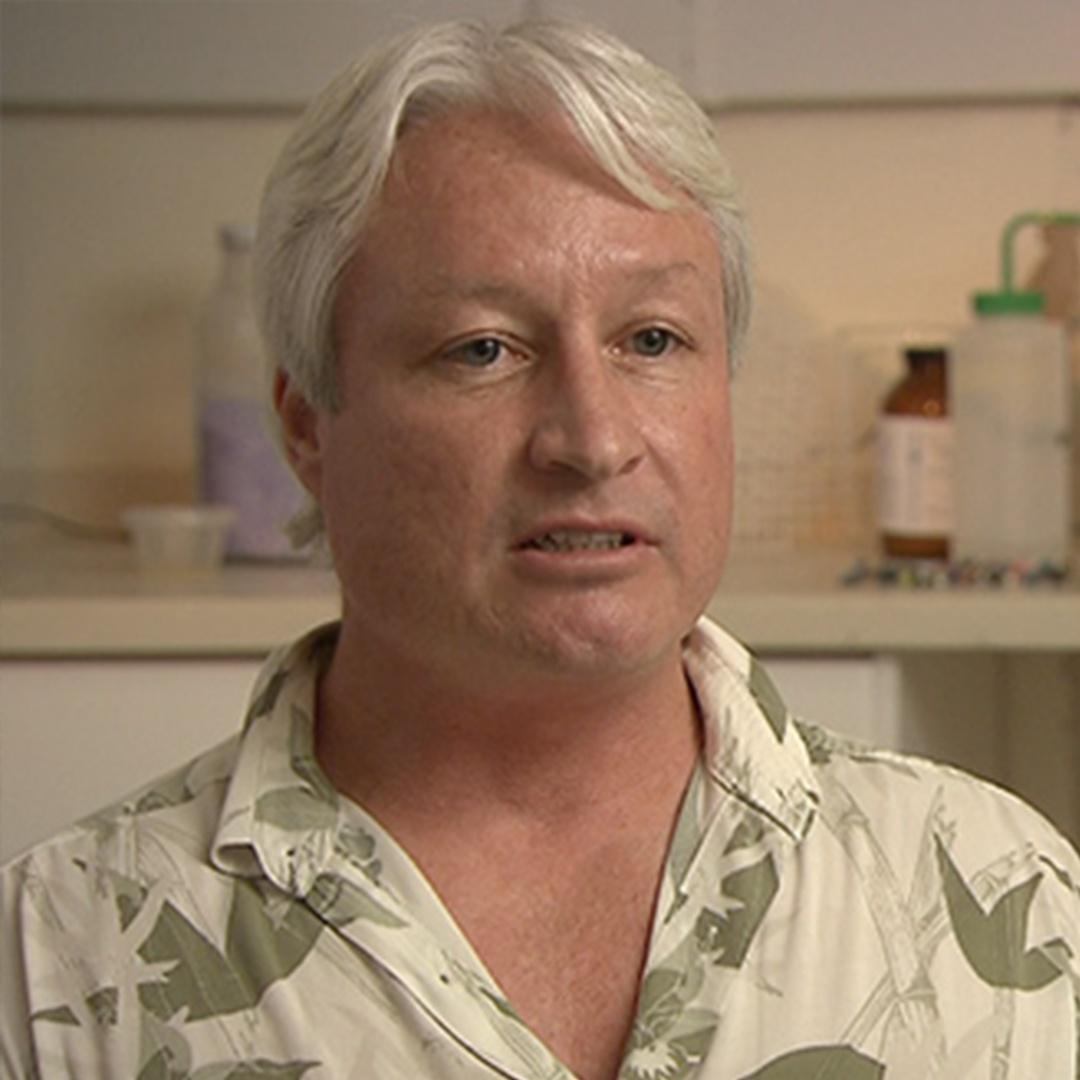Episode 104: Farming the Sea
An ever-growing demand for fresh seafood has pushed wild fish stocks around the world to the brink. In Florida, scientists and other experts are farming the sea in an attempt to alleviate some of these fishing pressures. “Aquaculture,” or “fish farming,” is the cultivation of marine or freshwater organisms. Some aquaculture methods have been highly criticized for their negative environmental impacts, but other, more environmentally friendly techniques, are being perfected at various research institutions in Florida.
Changing Seas travels from coast to coast, meeting with experts who raise fish for food production and to replenish depleted wild populations. Learn how scientists are making it possible to grow marine fish miles away from shore, and discover which Florida research facilities are testing new methods for making aquaculture more environmentally sustainable and efficient. Also visit Cedar Key, Florida, where aquaculture has helped to preserve the area’s rich fishing heritage. Here, former gillnet fishermen turned clam-farmers harvest their product with little impact to the local ecosystems.
Experts
Meet the experts featured in this episode.

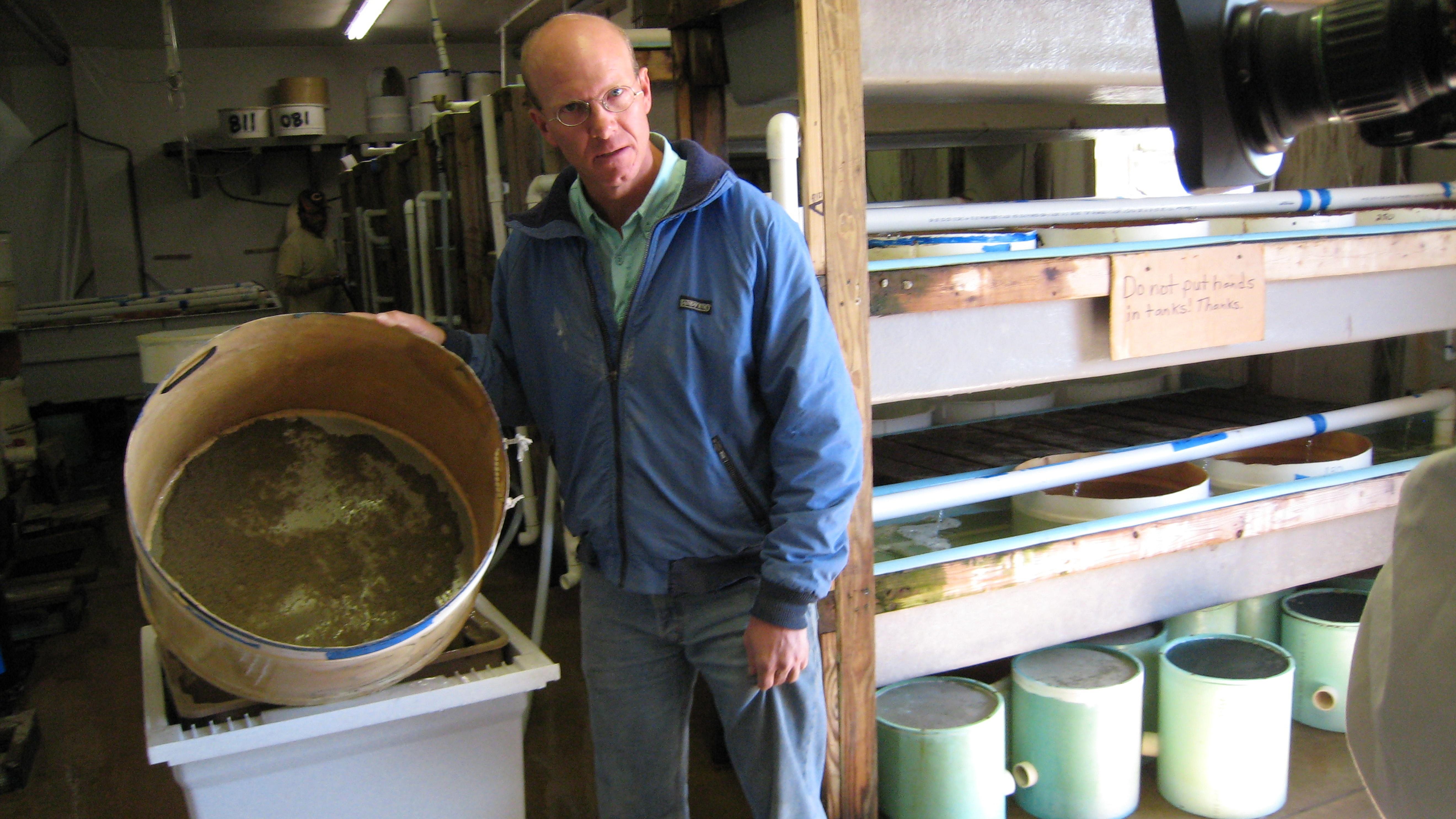
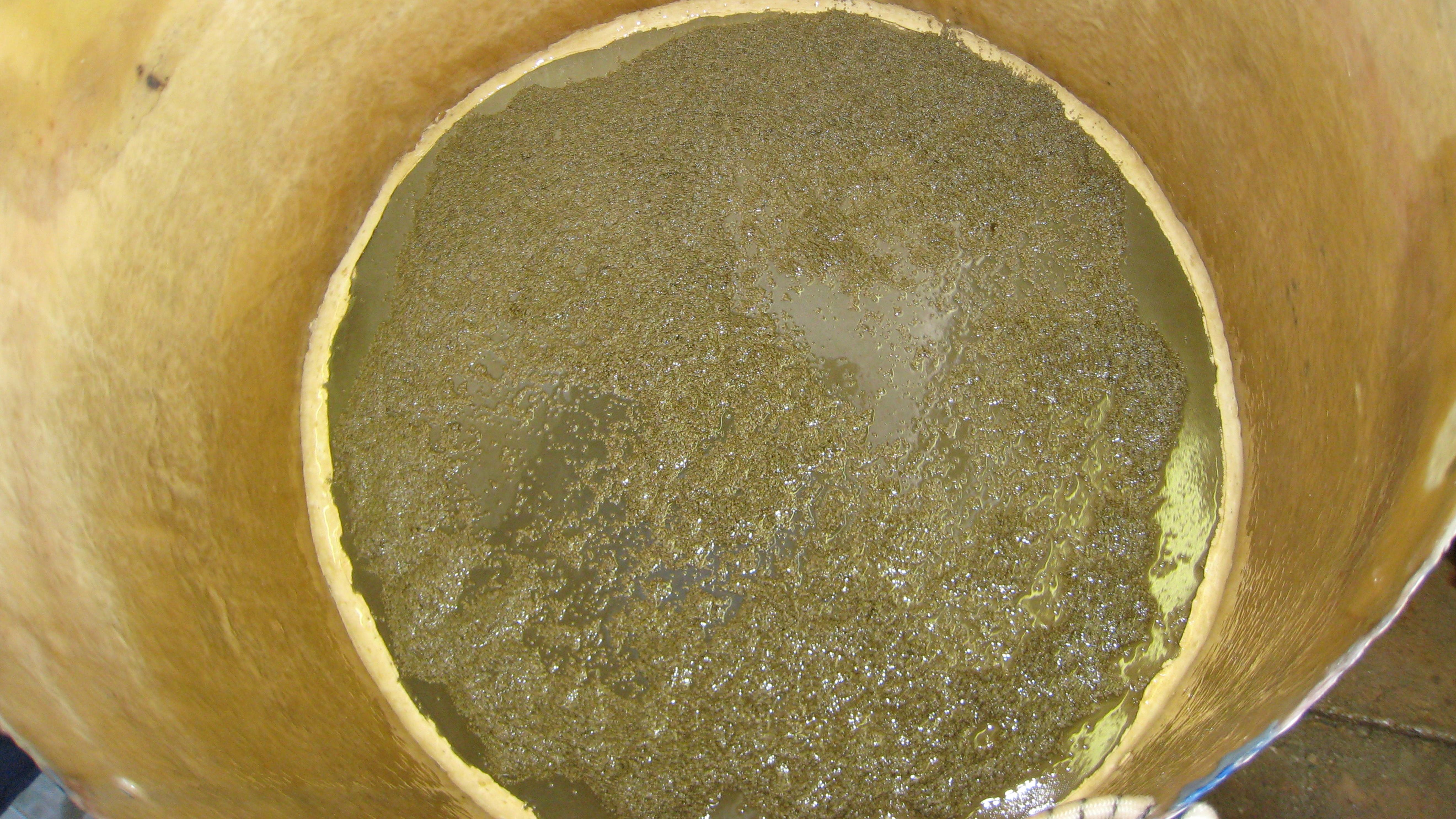

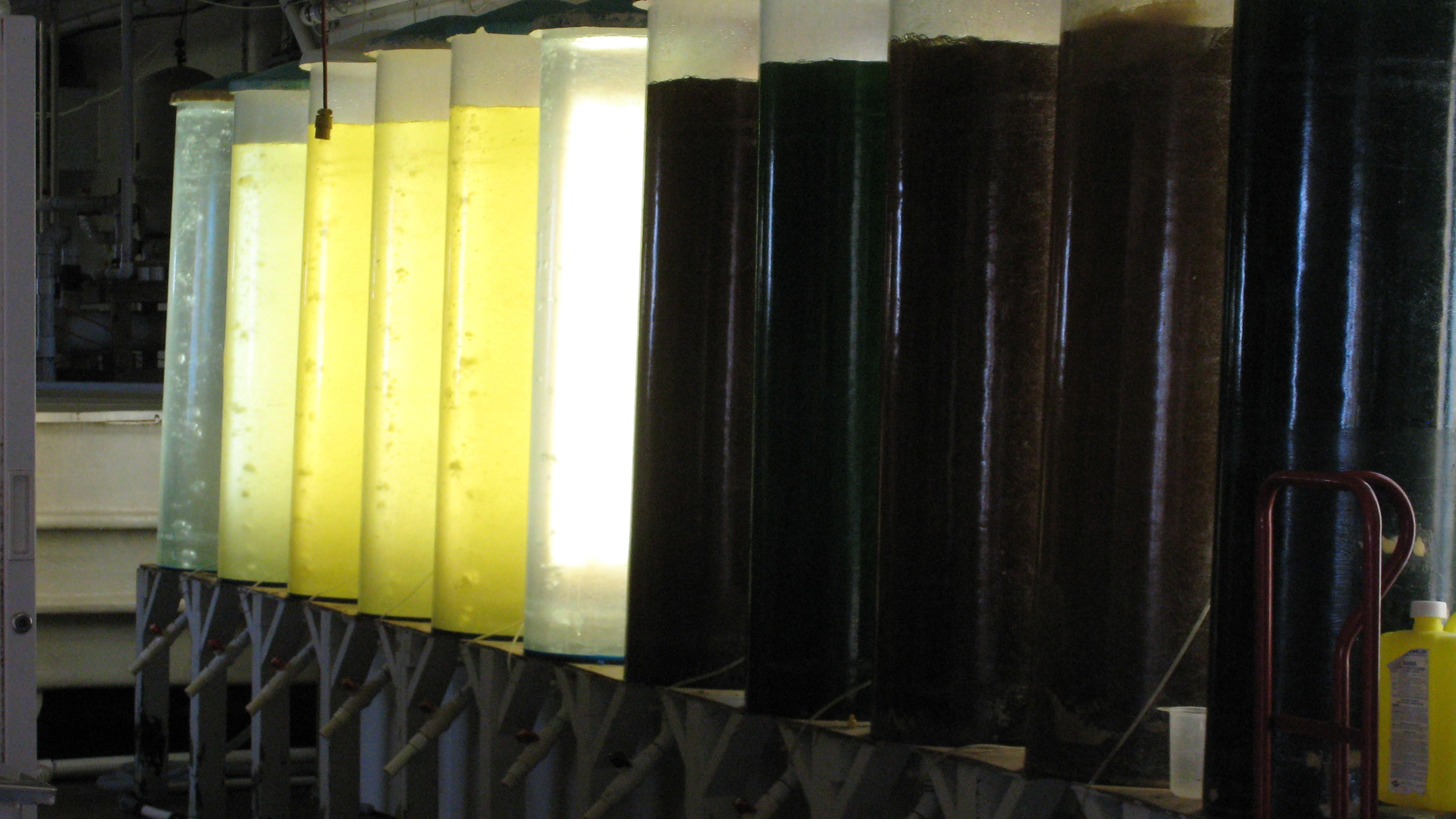
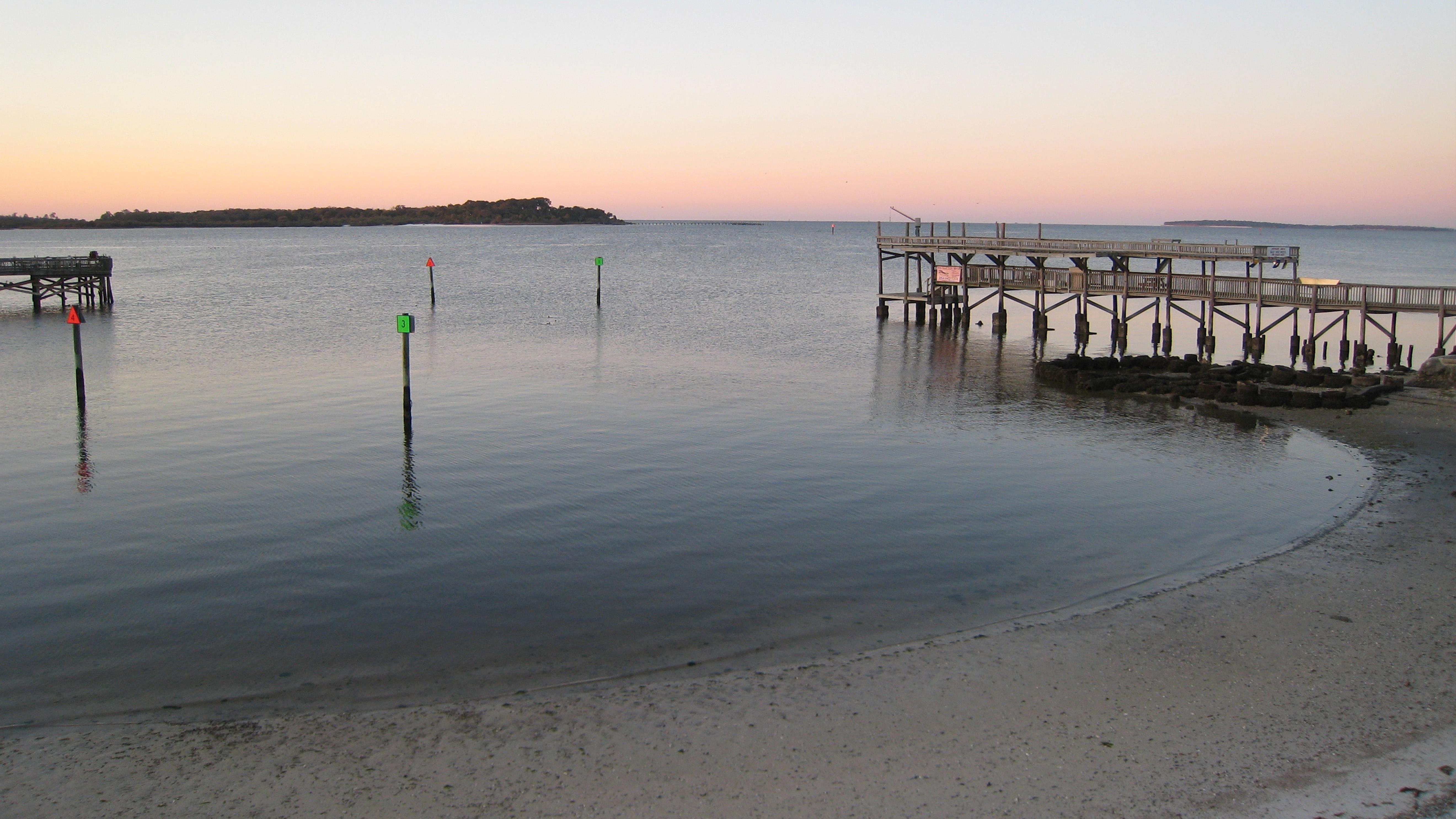
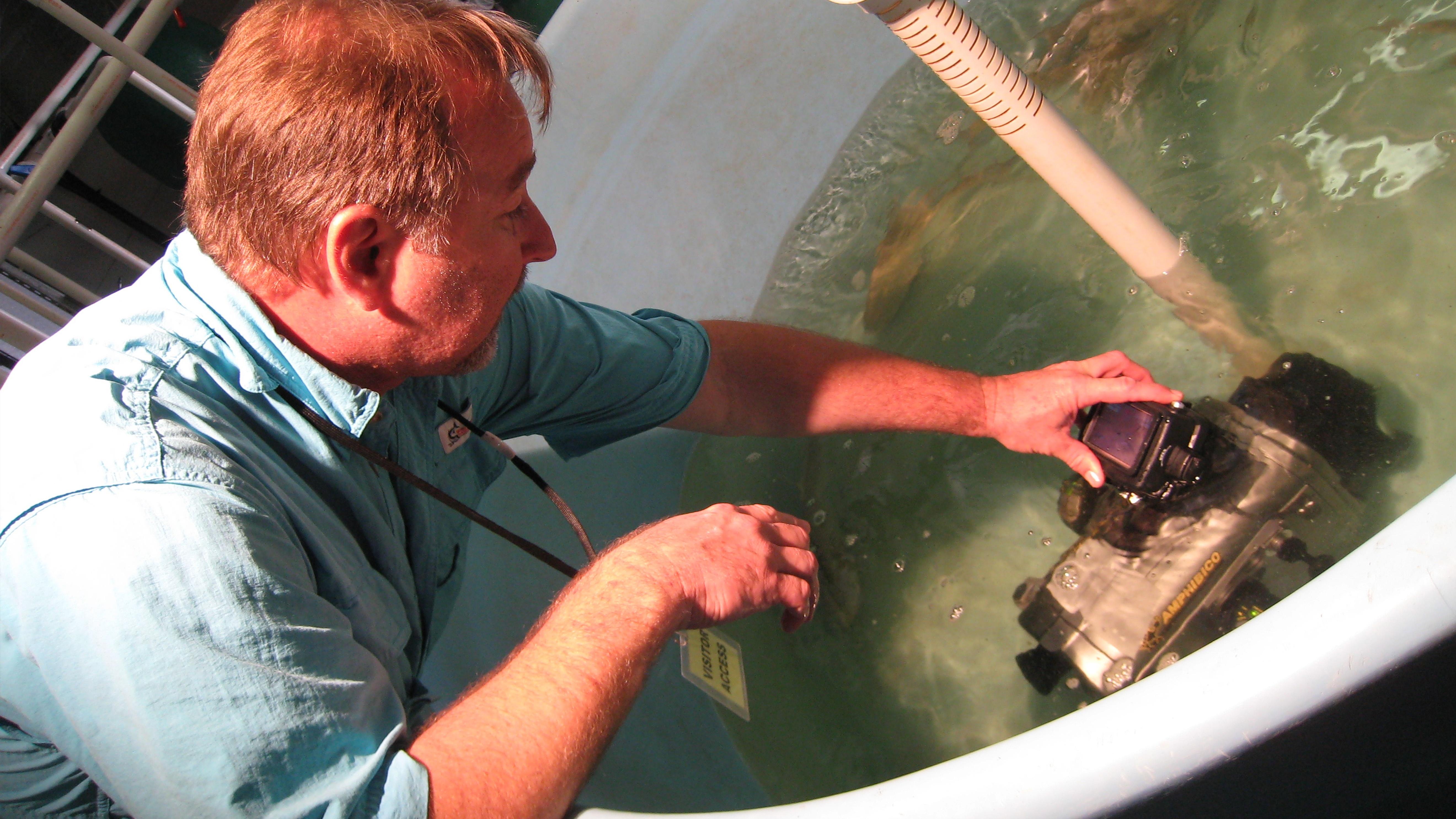
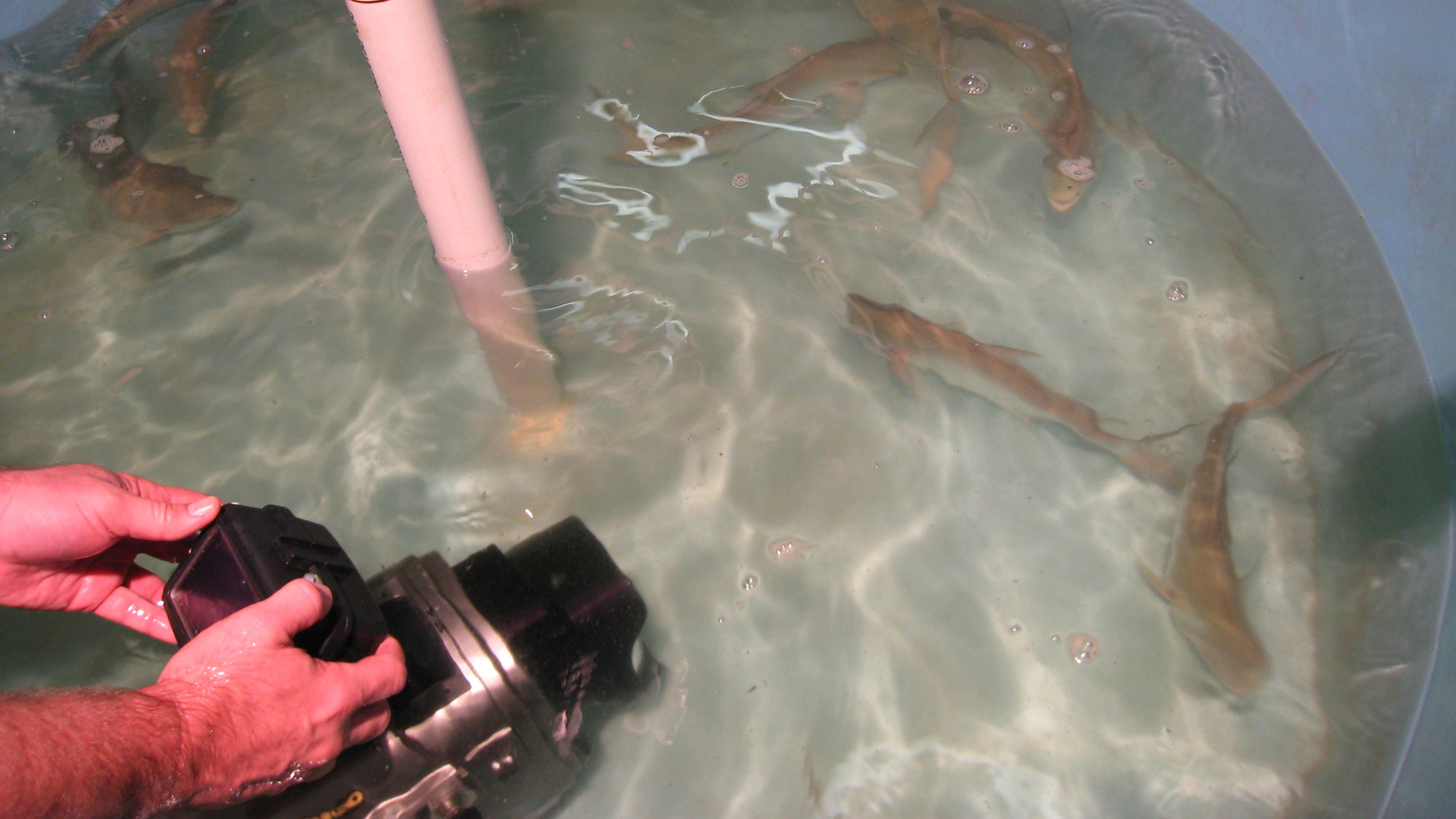
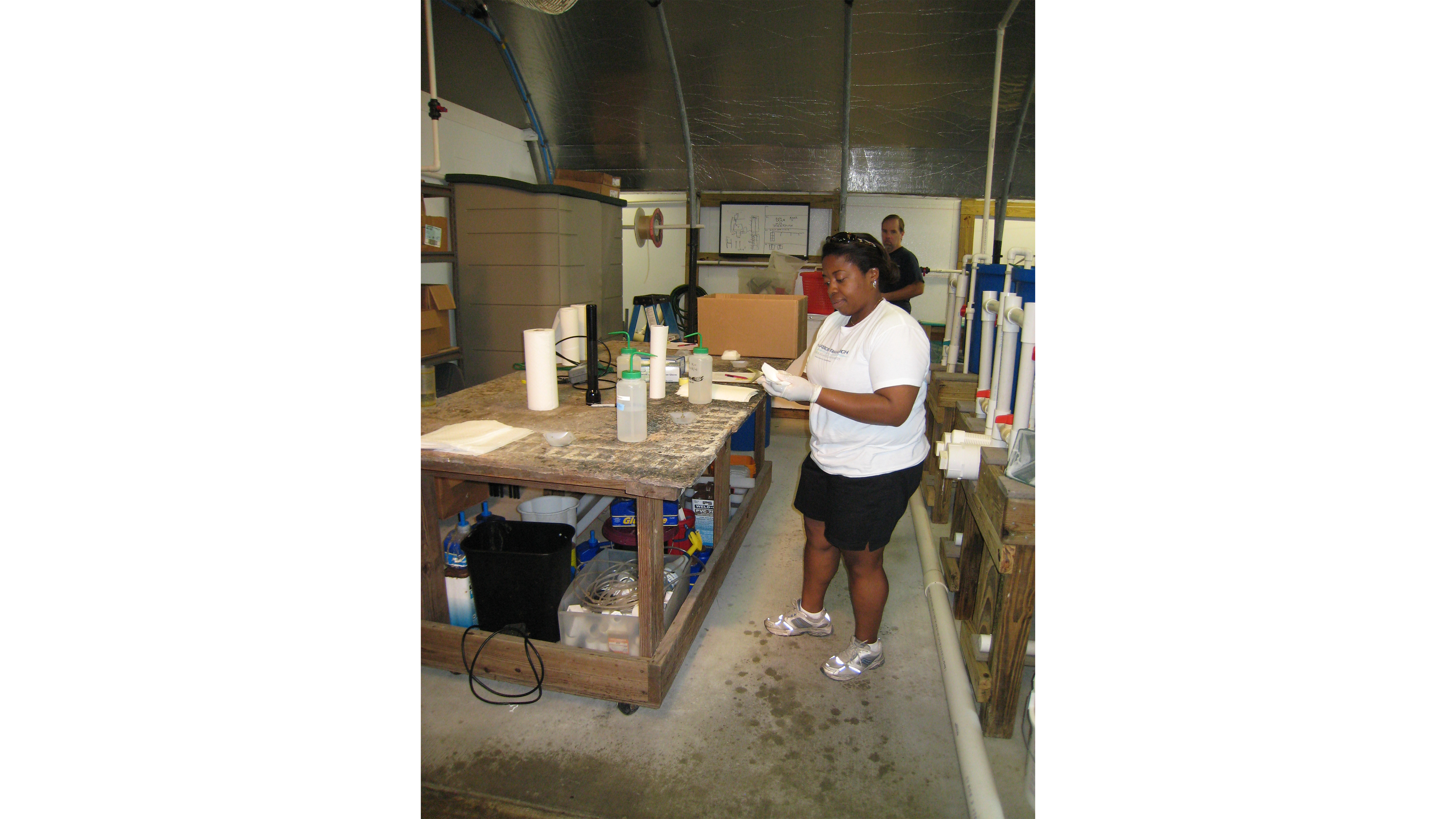
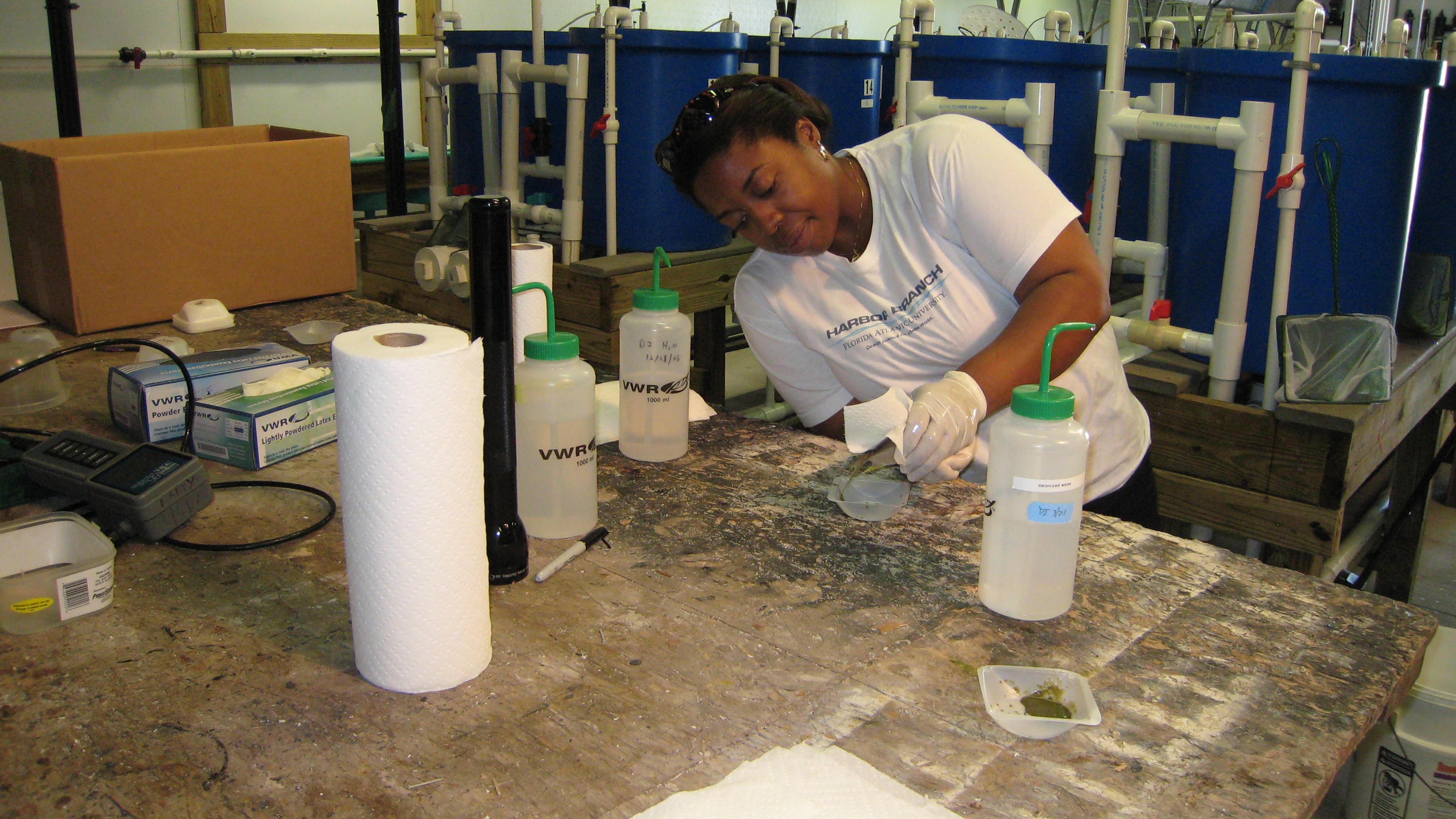
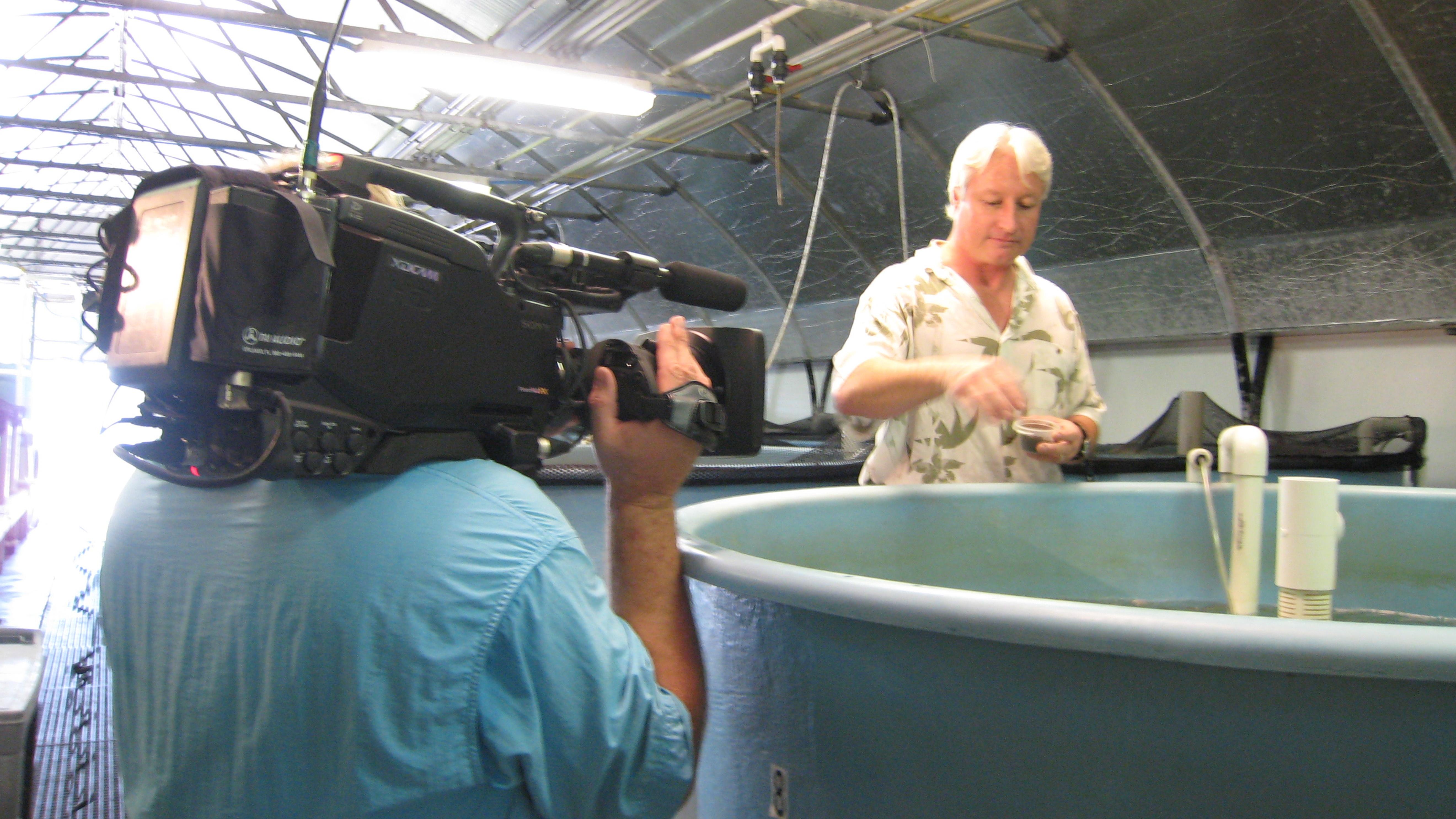
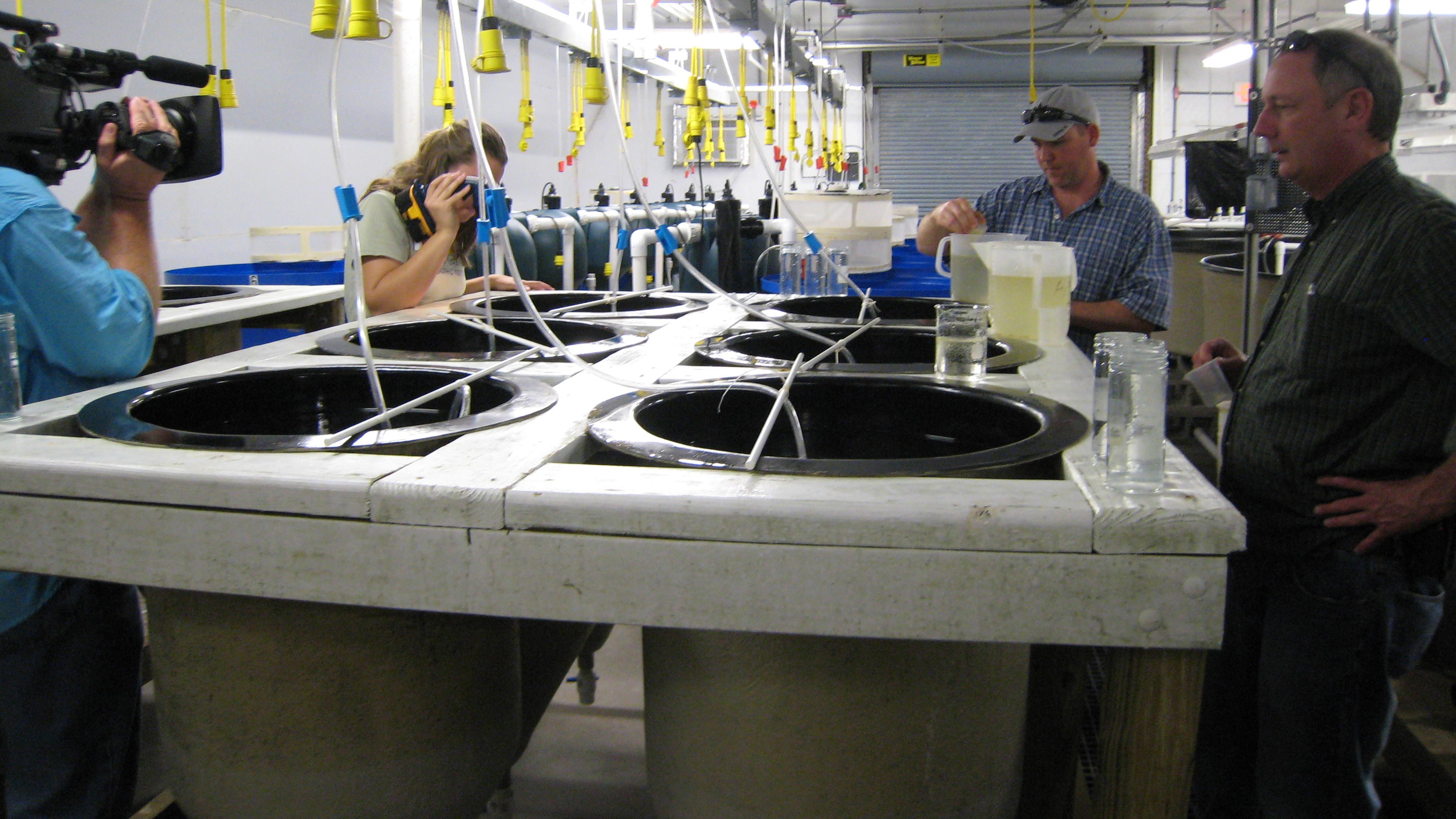
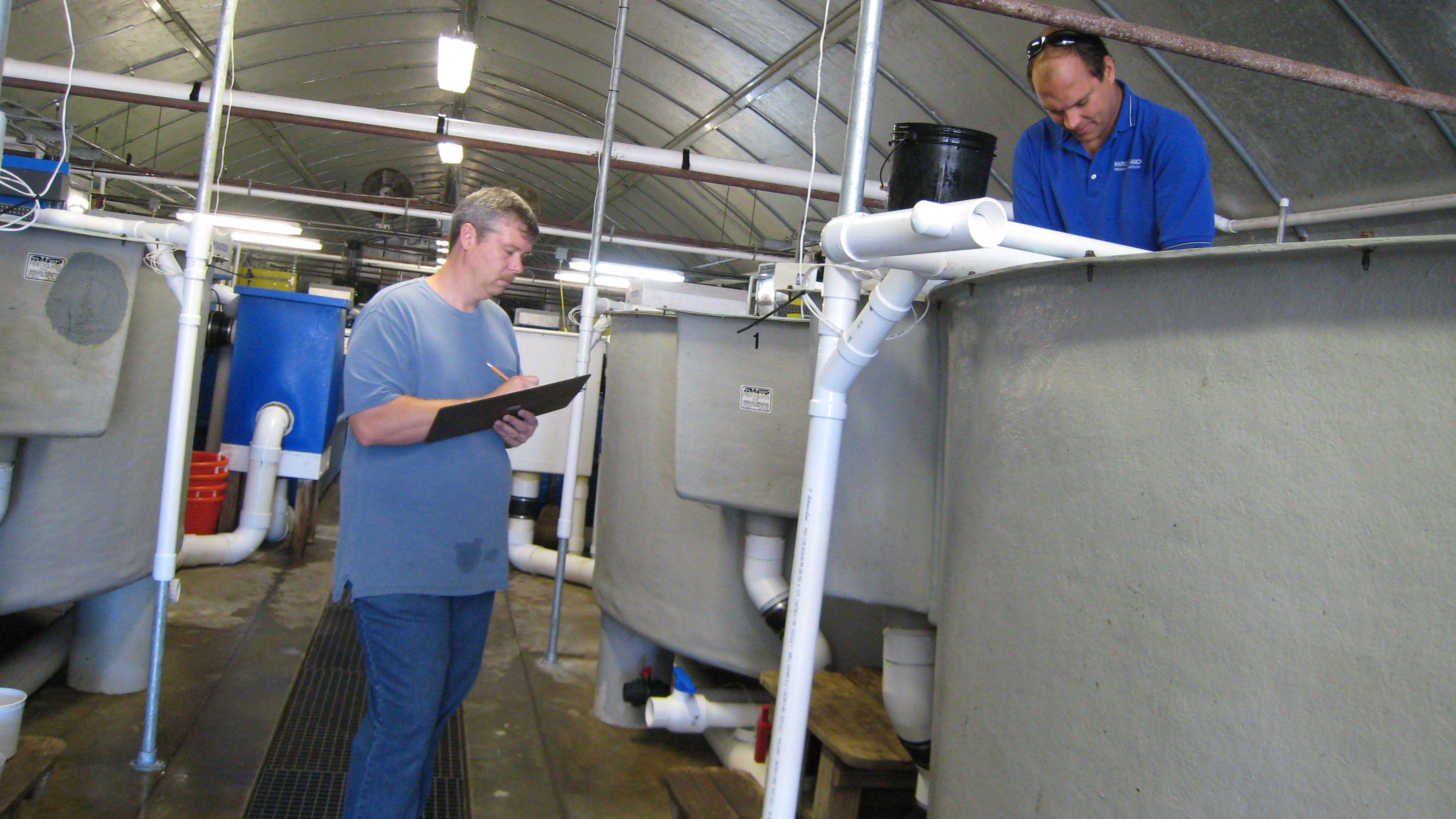
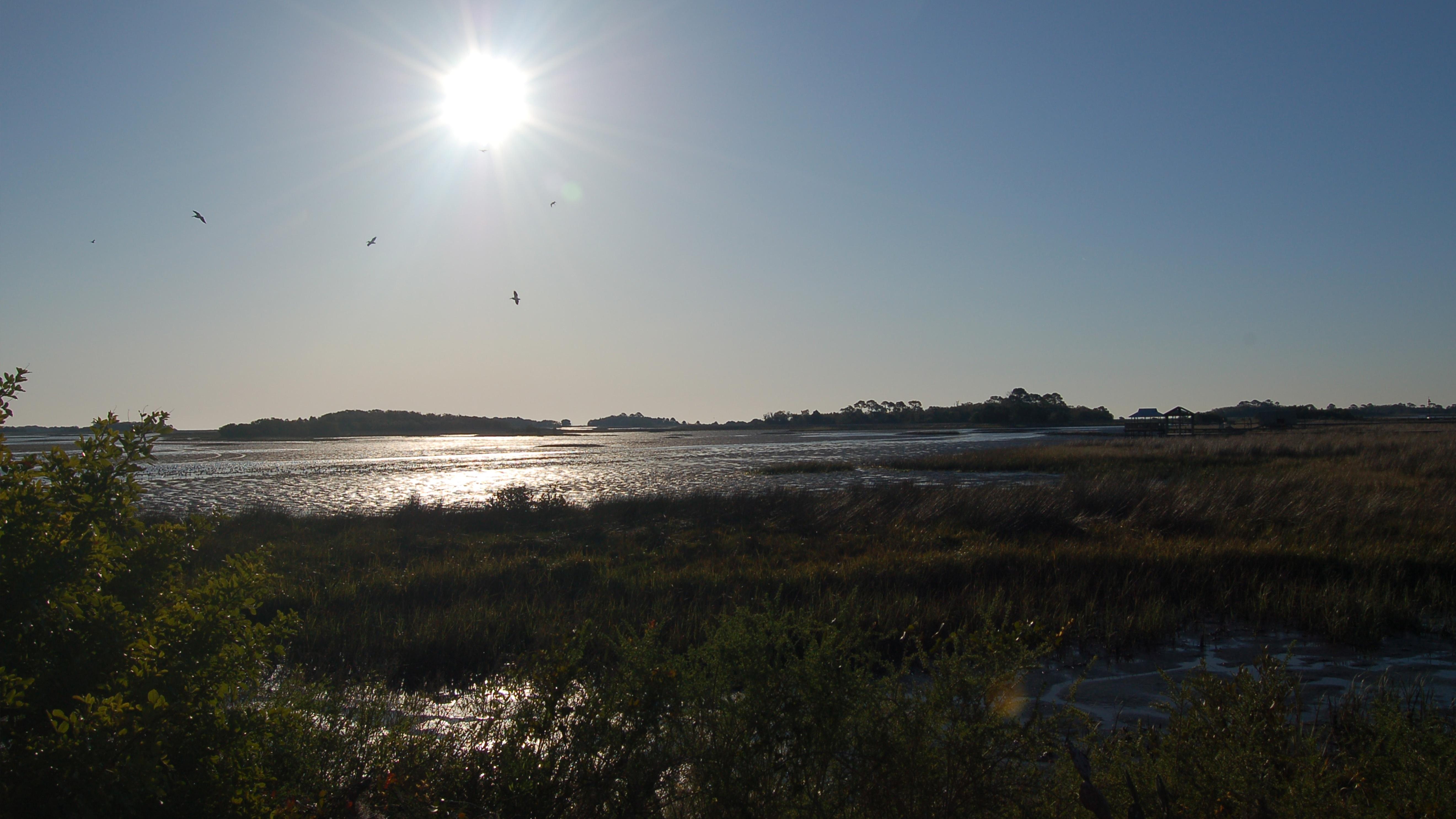
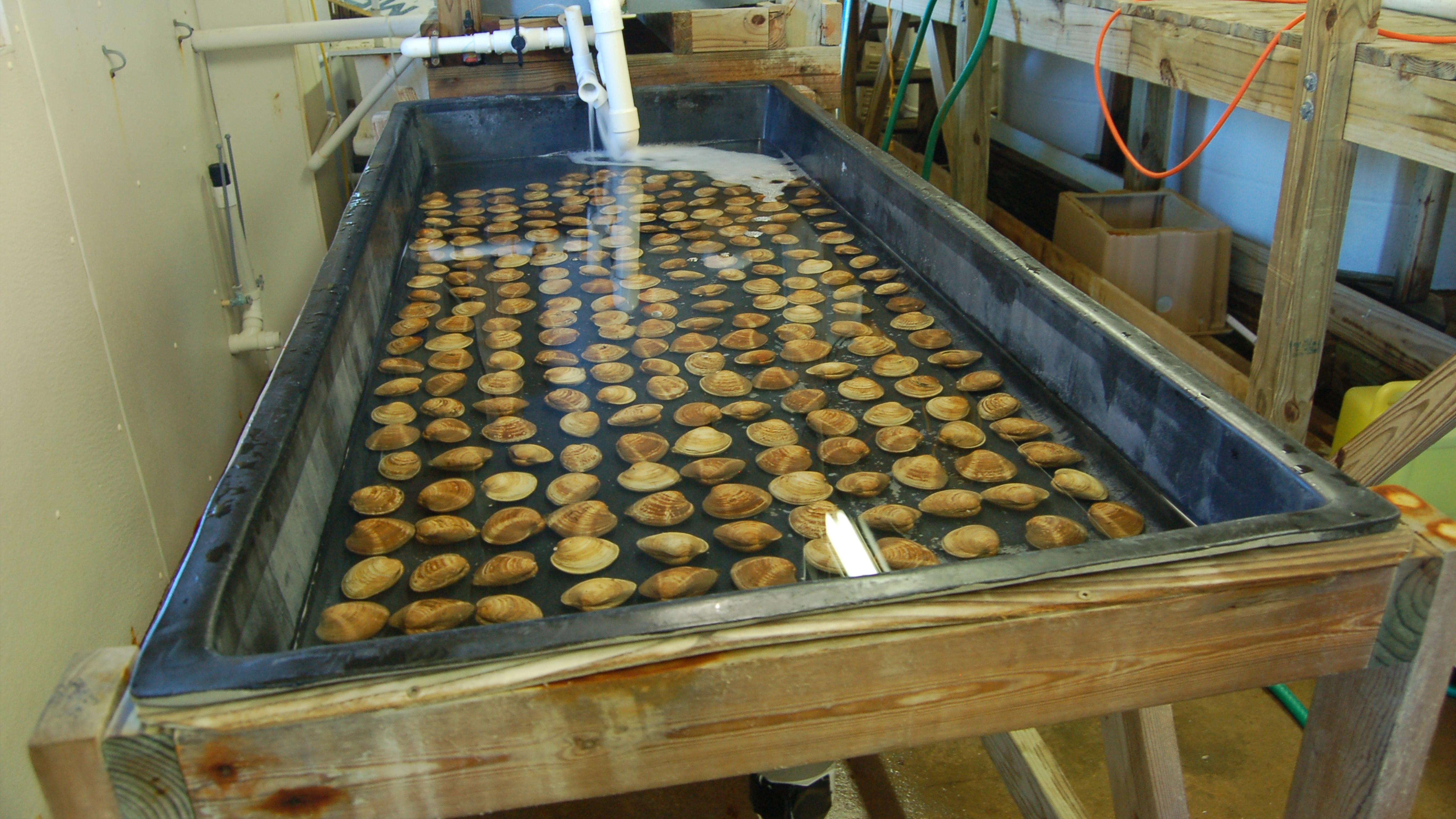
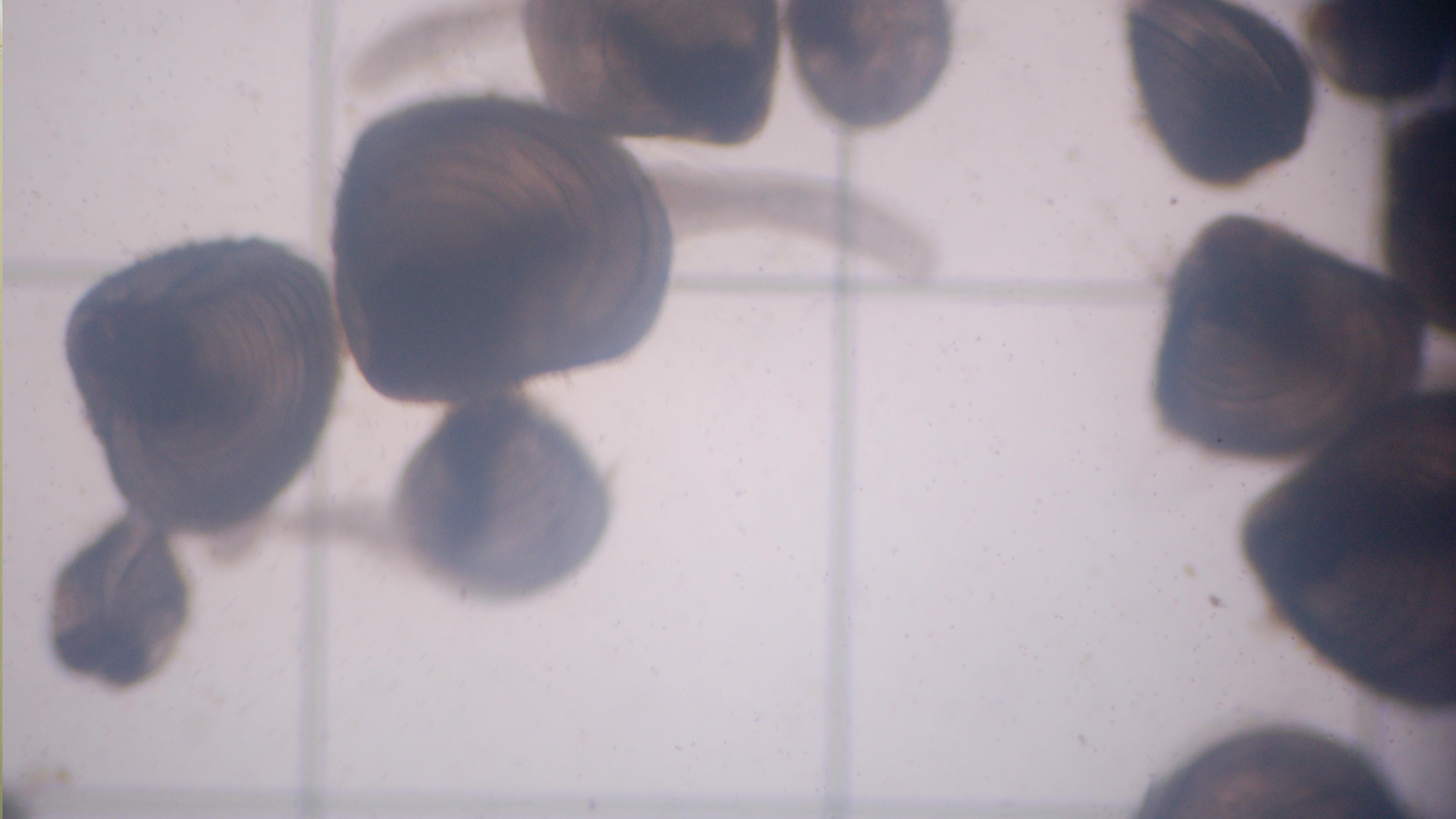
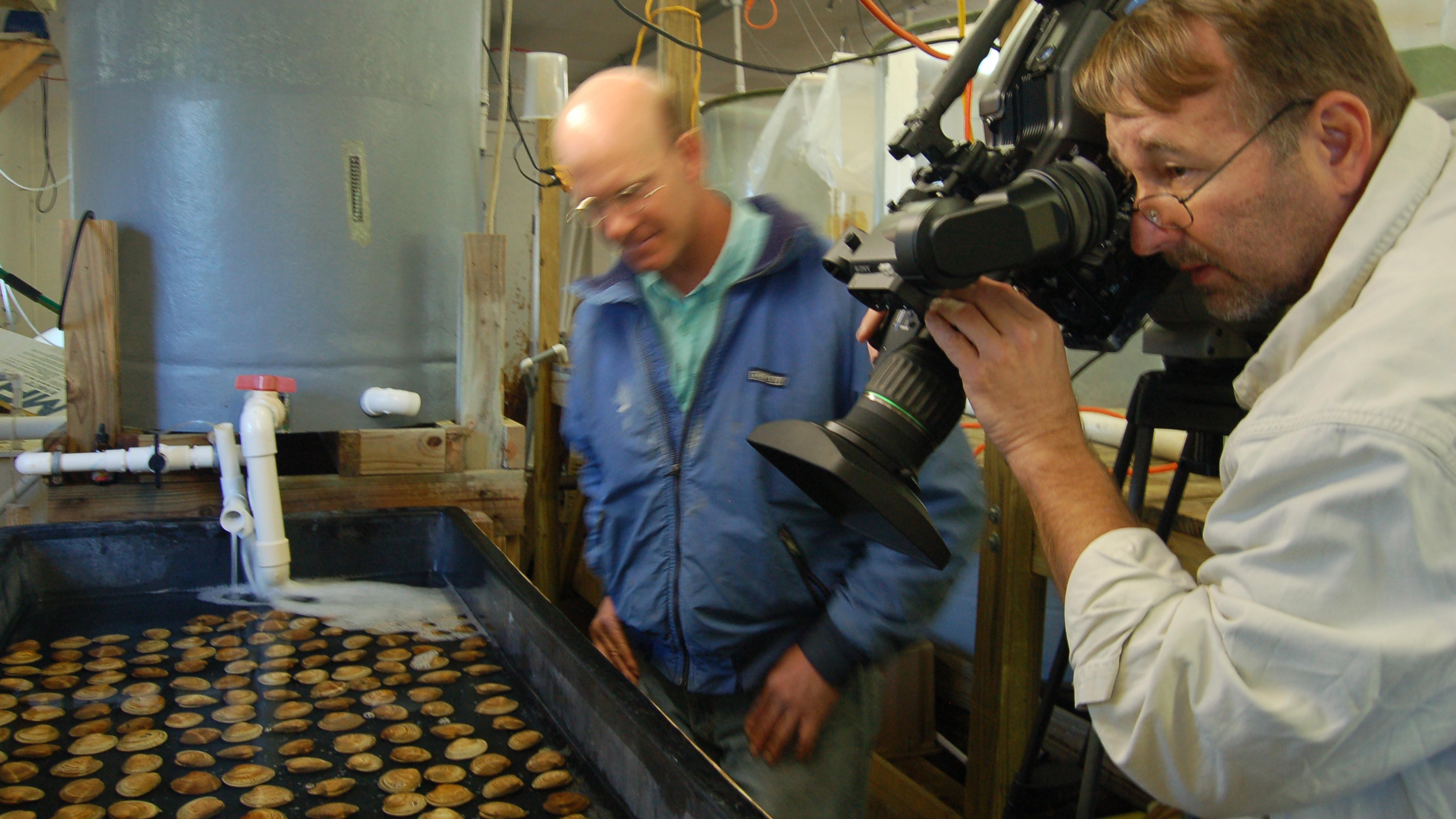
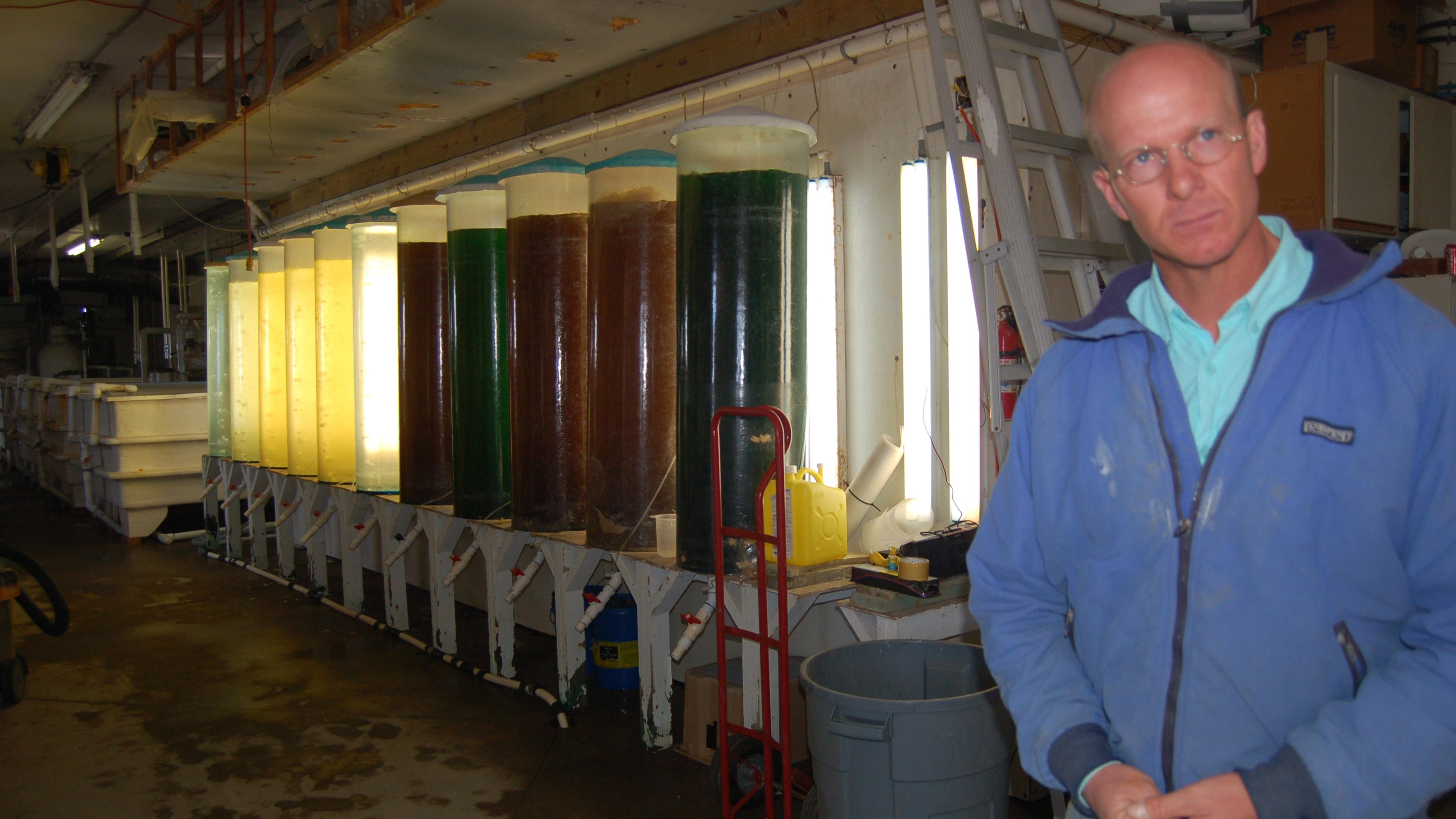
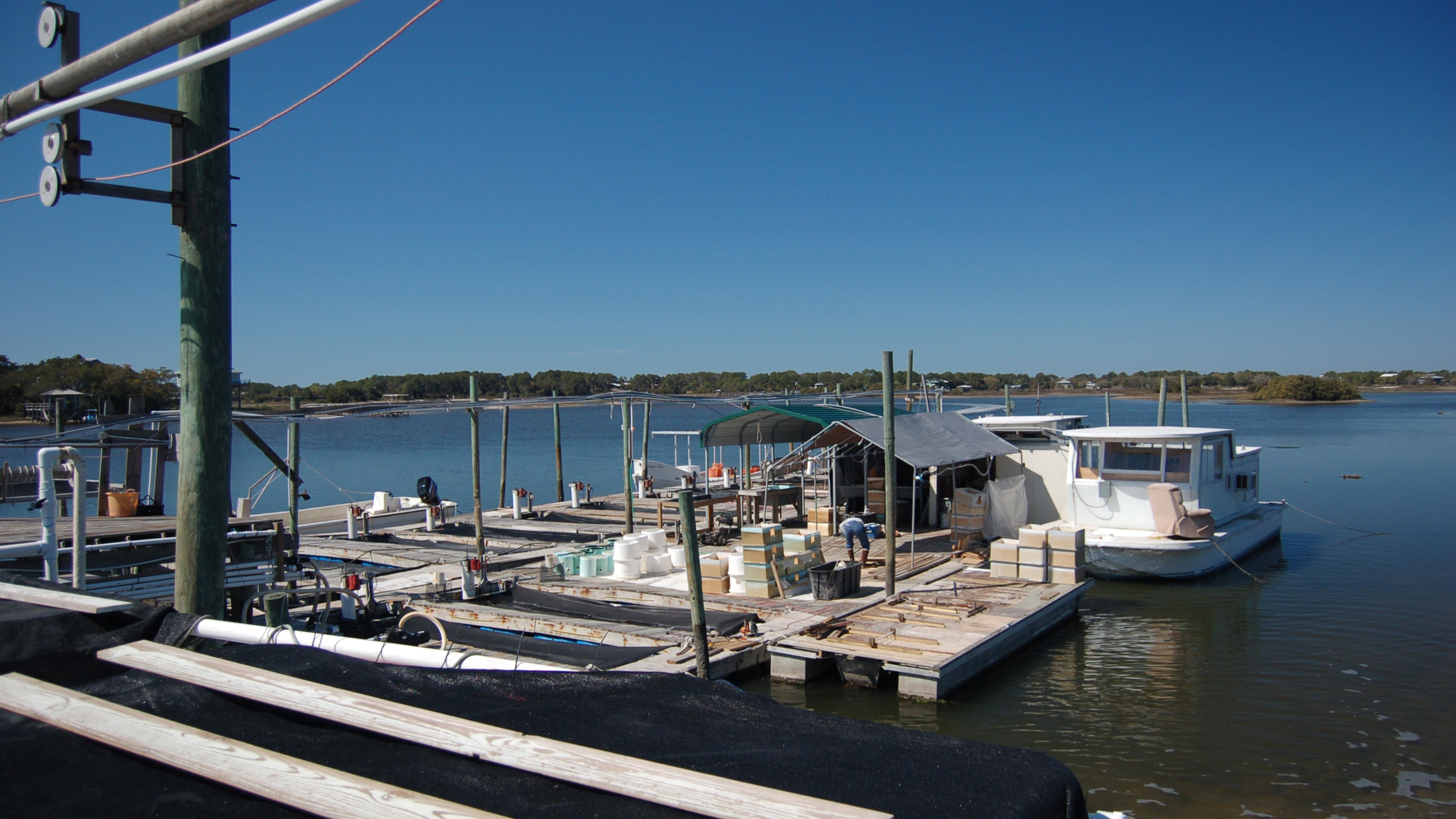
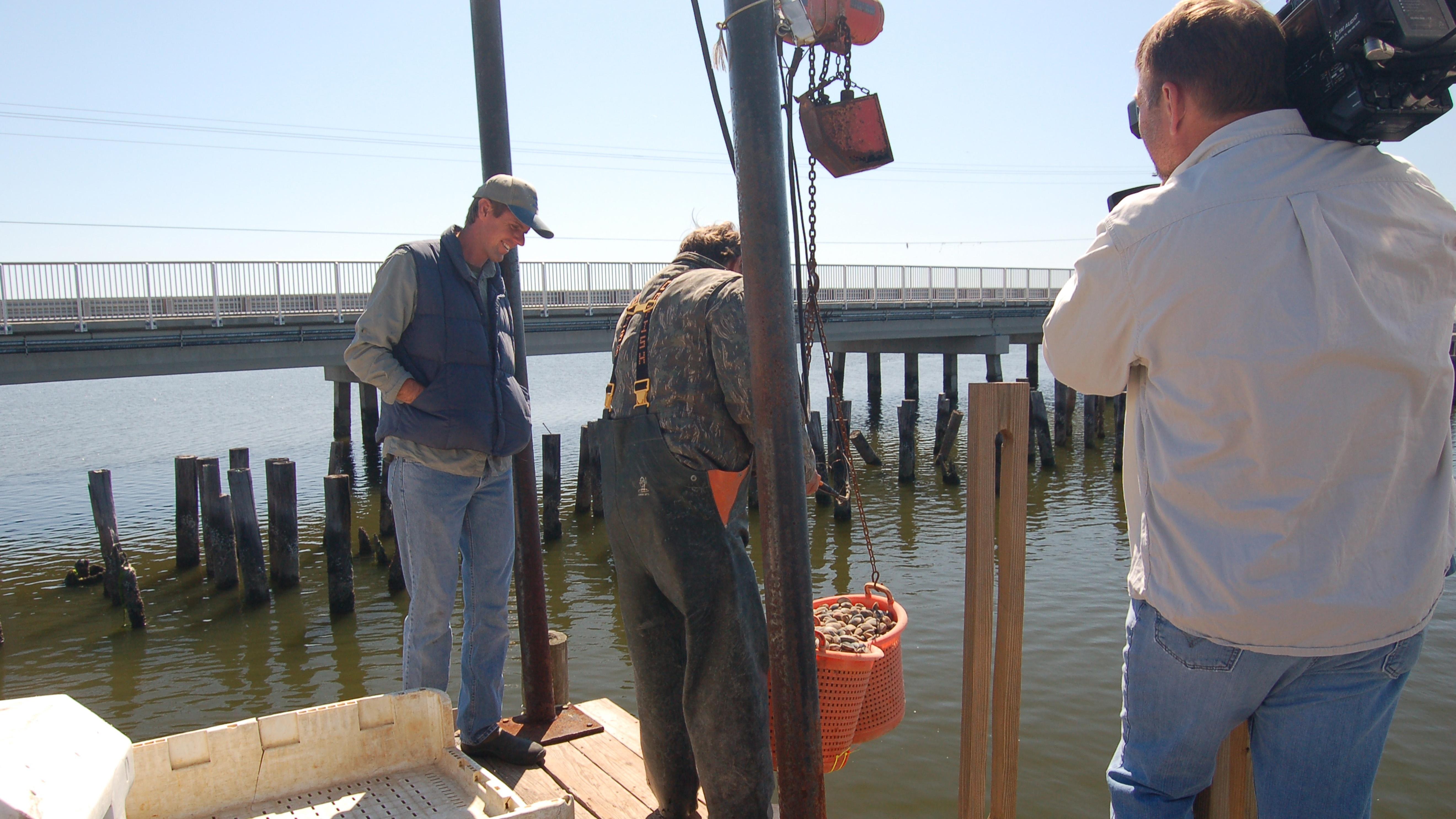
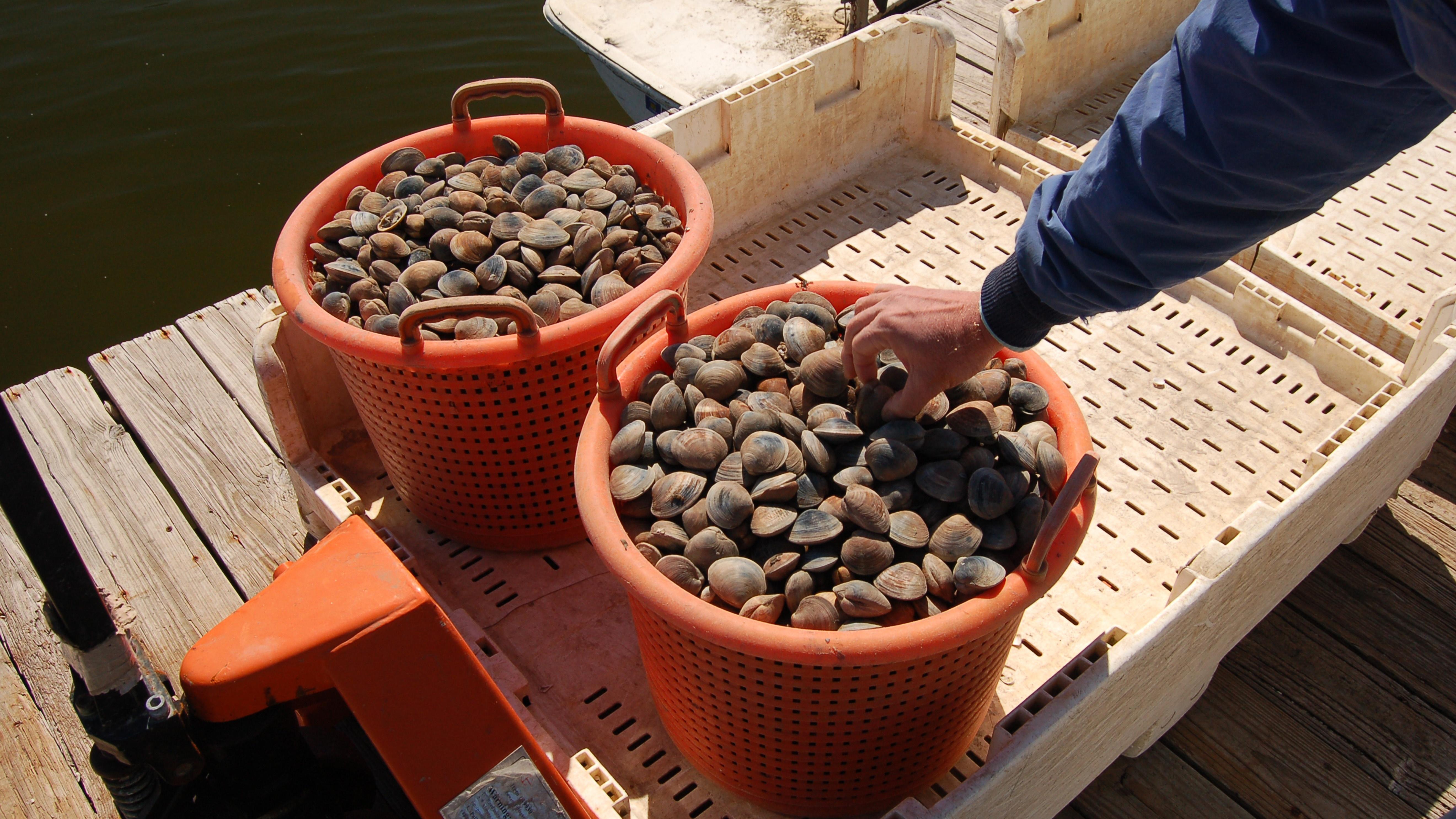
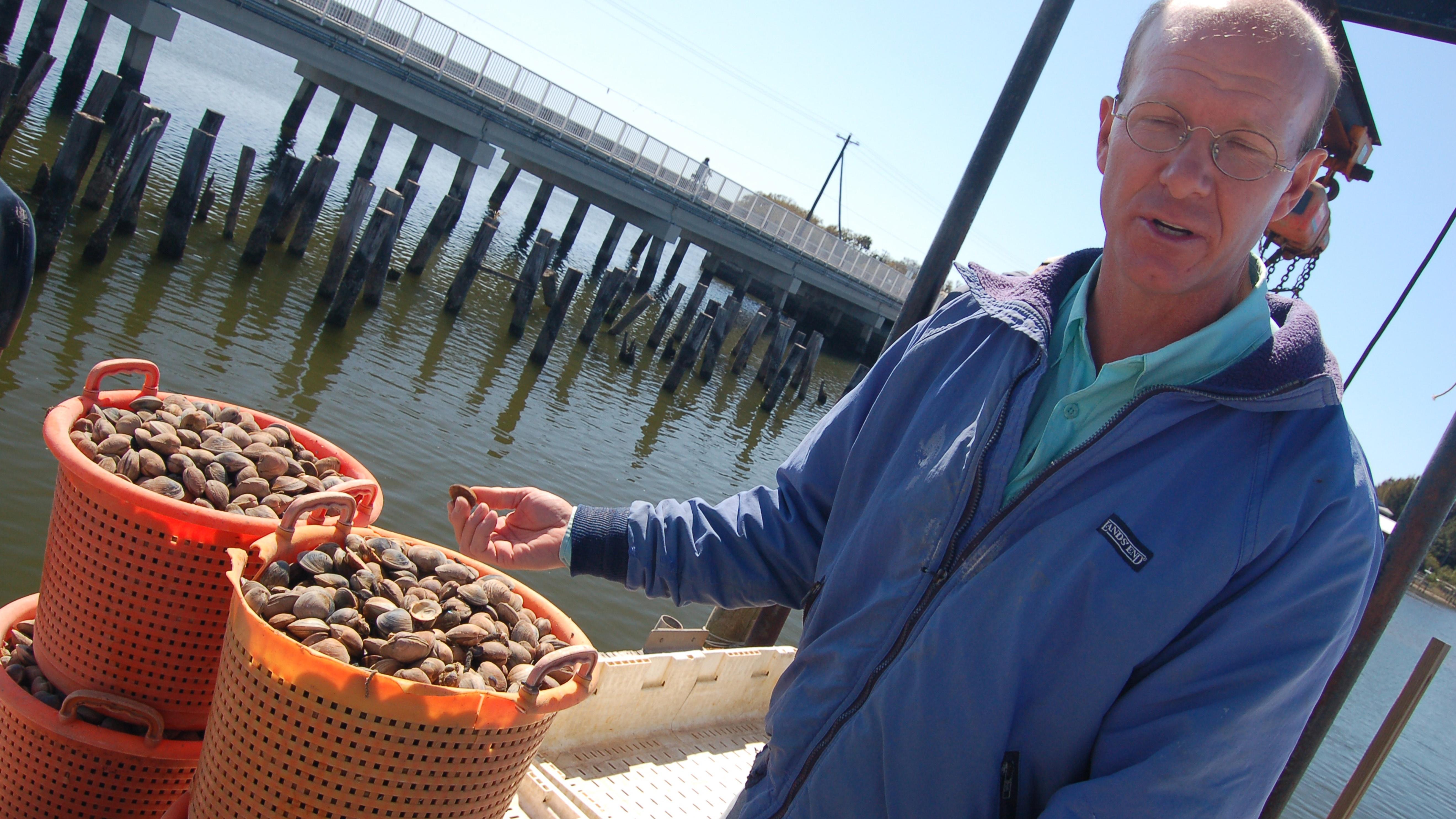
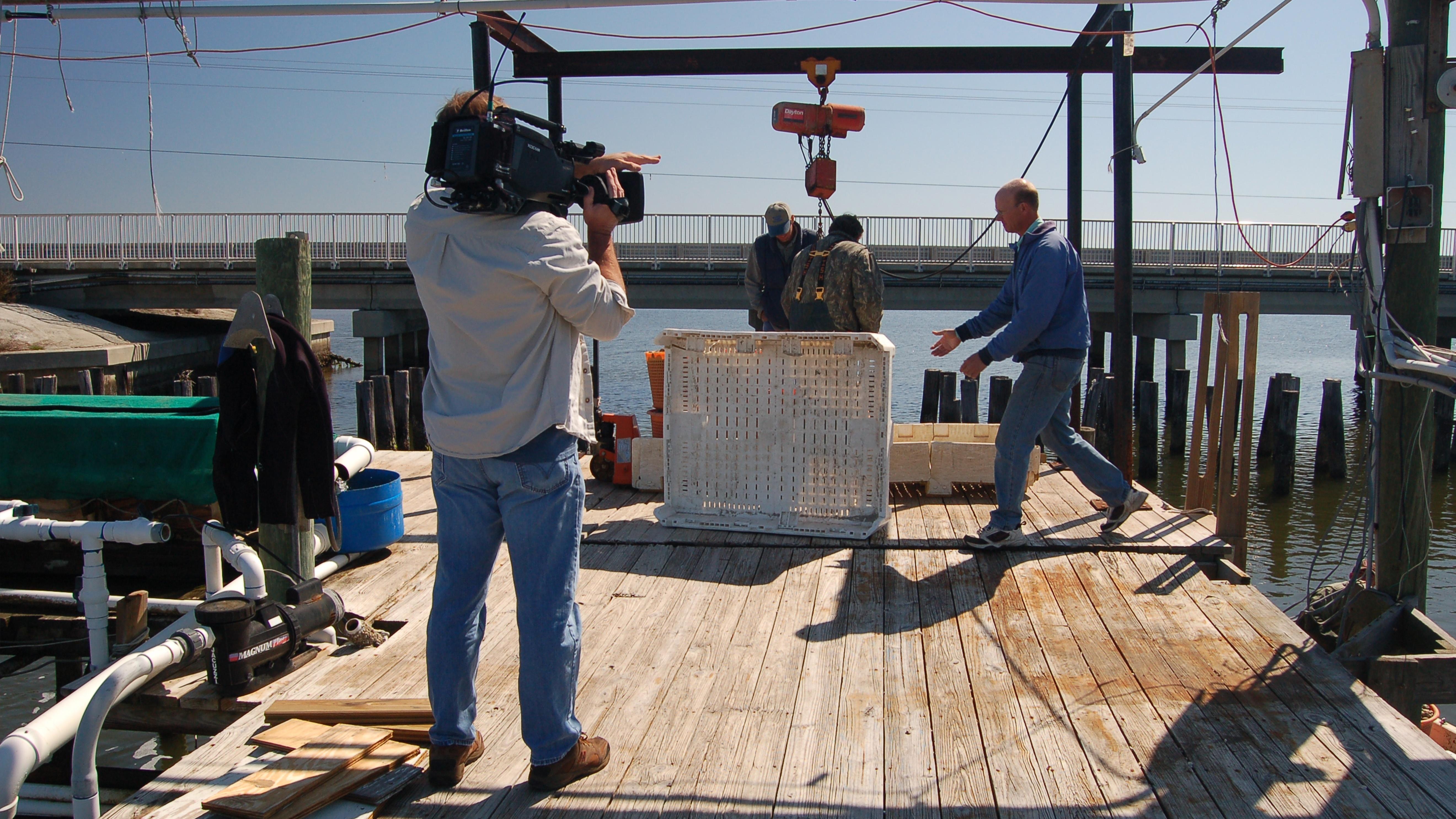

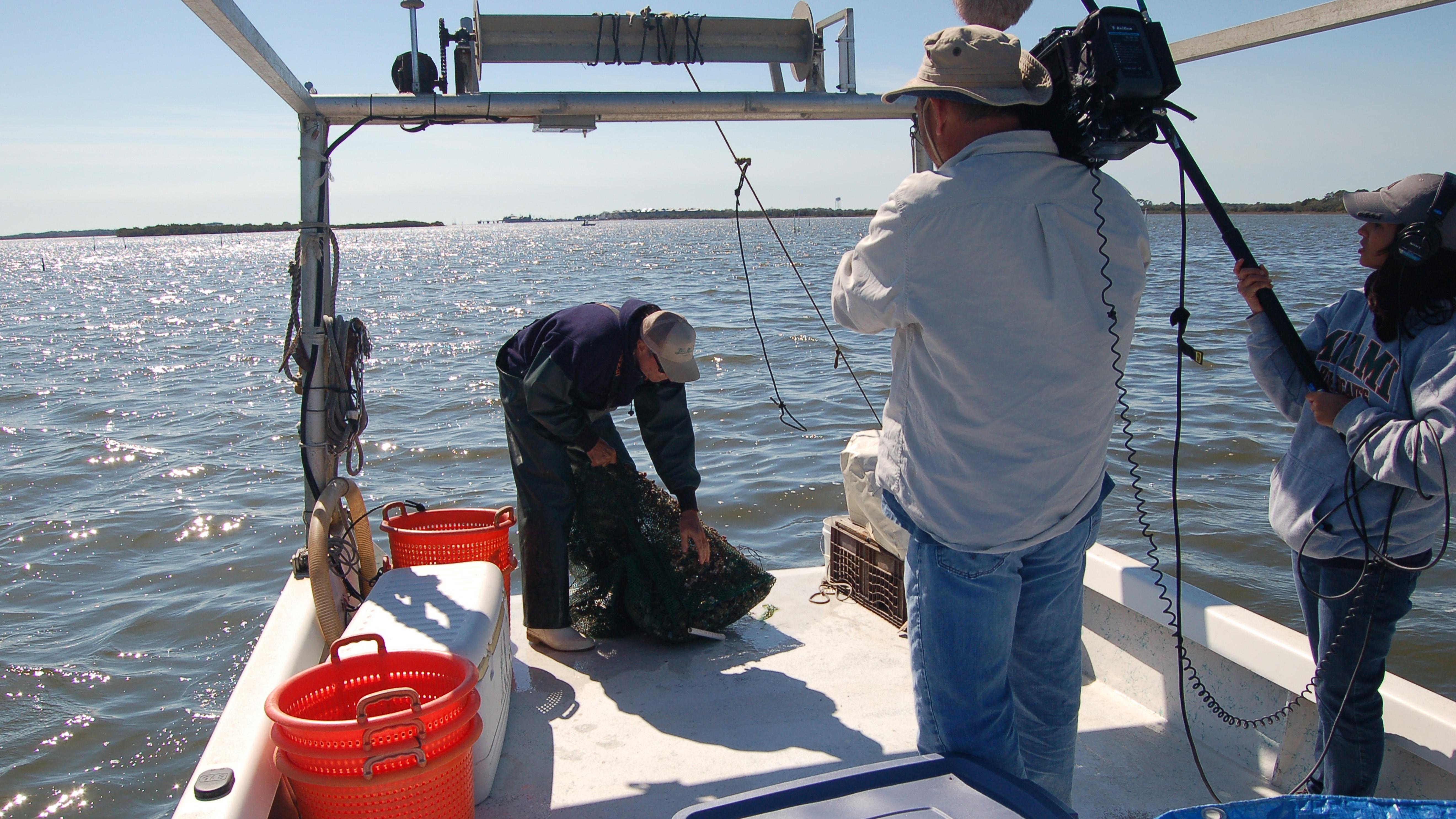
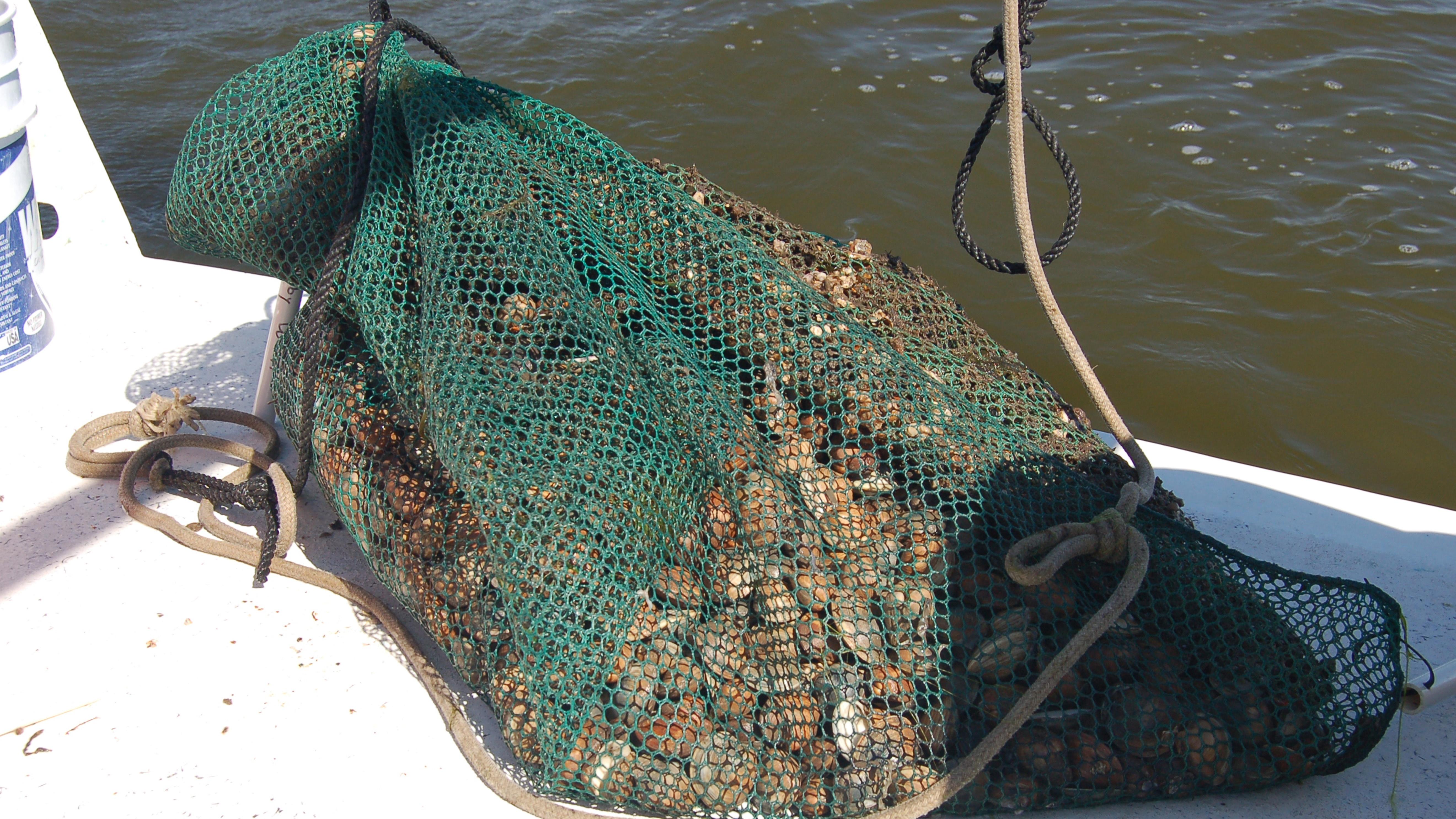
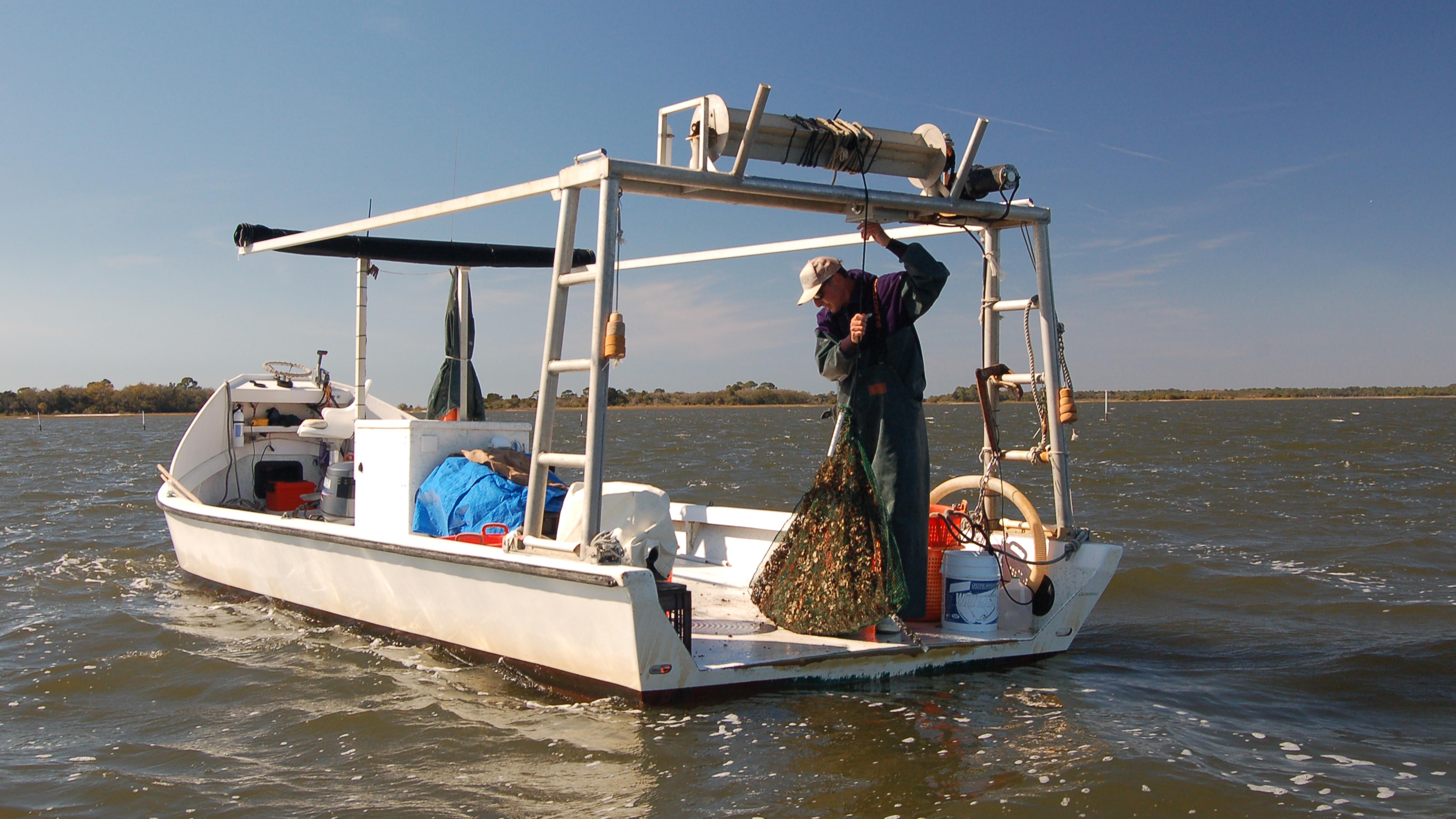
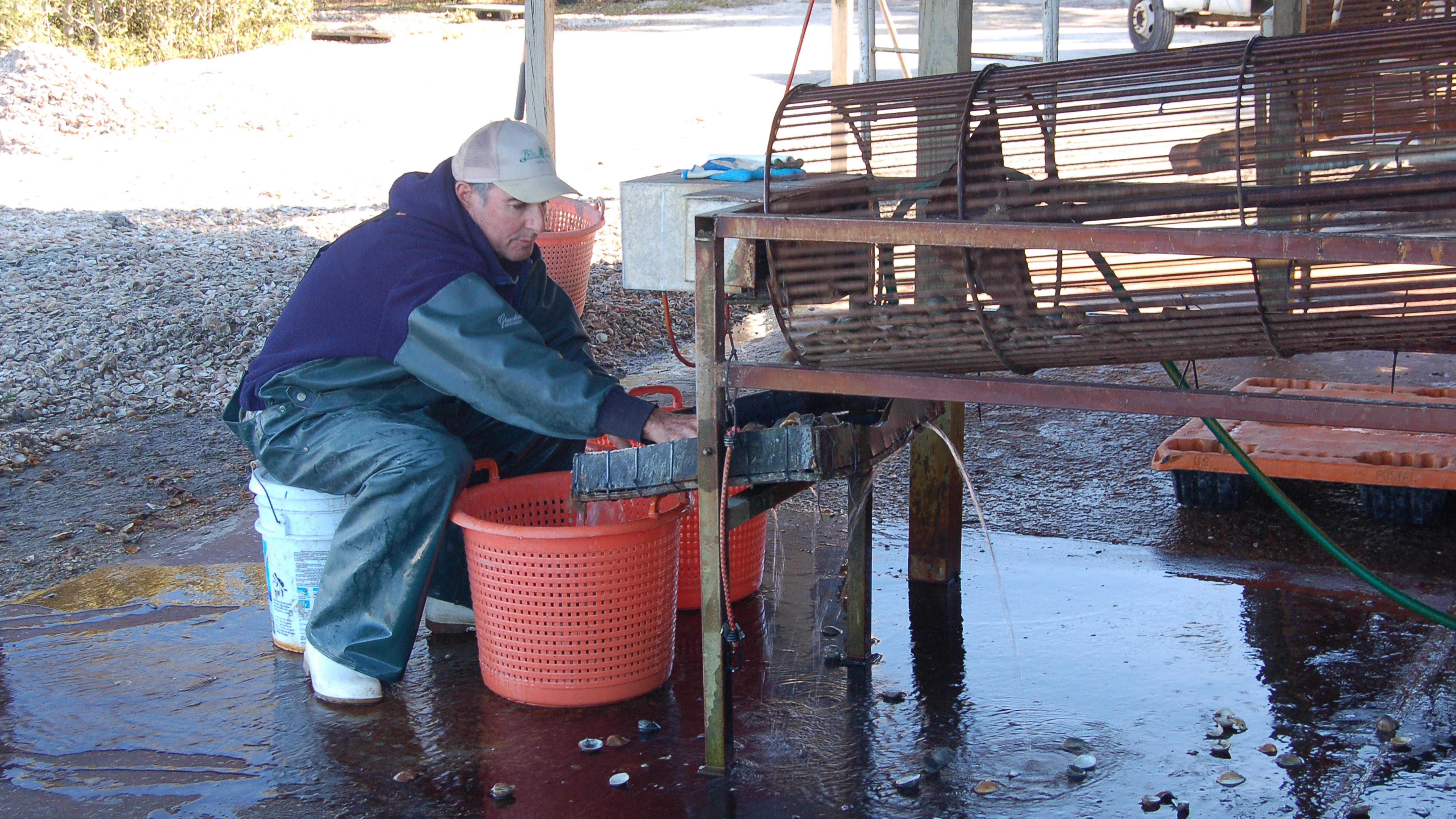
Special Thanks:
Cedar Key Chamber of Commerce
618 Second Street
Cedar Key, FL 32625
(352) 543-5600
Dockside Inn & Resort
1160 Seaway Drive
South Hutchinson Island
Ft. Pierce, FL 34949
(772) 468-3555
Homewood Suites by Hilton
3470 Fruitville Road
Sarasota, FL 34237
(941) 365-7300
Old Fenimore Mill
11 Old Mill Drive
Cedar Key, FL 32625
(352) 543-9803
Red Roof Inn
3500 Southwest 42nd Street
Gainesville, FL 32608
(352) 336-3311
The Island Place at Cedar Key
1st and C Street
Cedar Key, FL 32625
(352) 543-5307
Wingate Inn & Suites
5464 Lena Road
Bradenton, FL 34211
(941) 755-0055
Cedar Cove Beach and Yacht Club
192 Second Street
Cedar Key, FL 32625
(352) 543-5332
DebonAir Mechanical Inc
2649 West 81 Street
Hialeah, FL 33016
(305) 826-2240
Image Credits
Changing Seas would like to thank the following individuals and institutions who kindly allowed their footage, images and other media to be used in this production:
Project Ocean
Alfredo Quarto
Mangrove Action Project
Ellen Hines
Marine Photobank
Special Thanks:
Judy Johnson
Cedar Key Chamber of Commerce
Web Extras
Conchs with Dr. Megan Davis
Funding for this episode of Changing Seaswas provided by:
